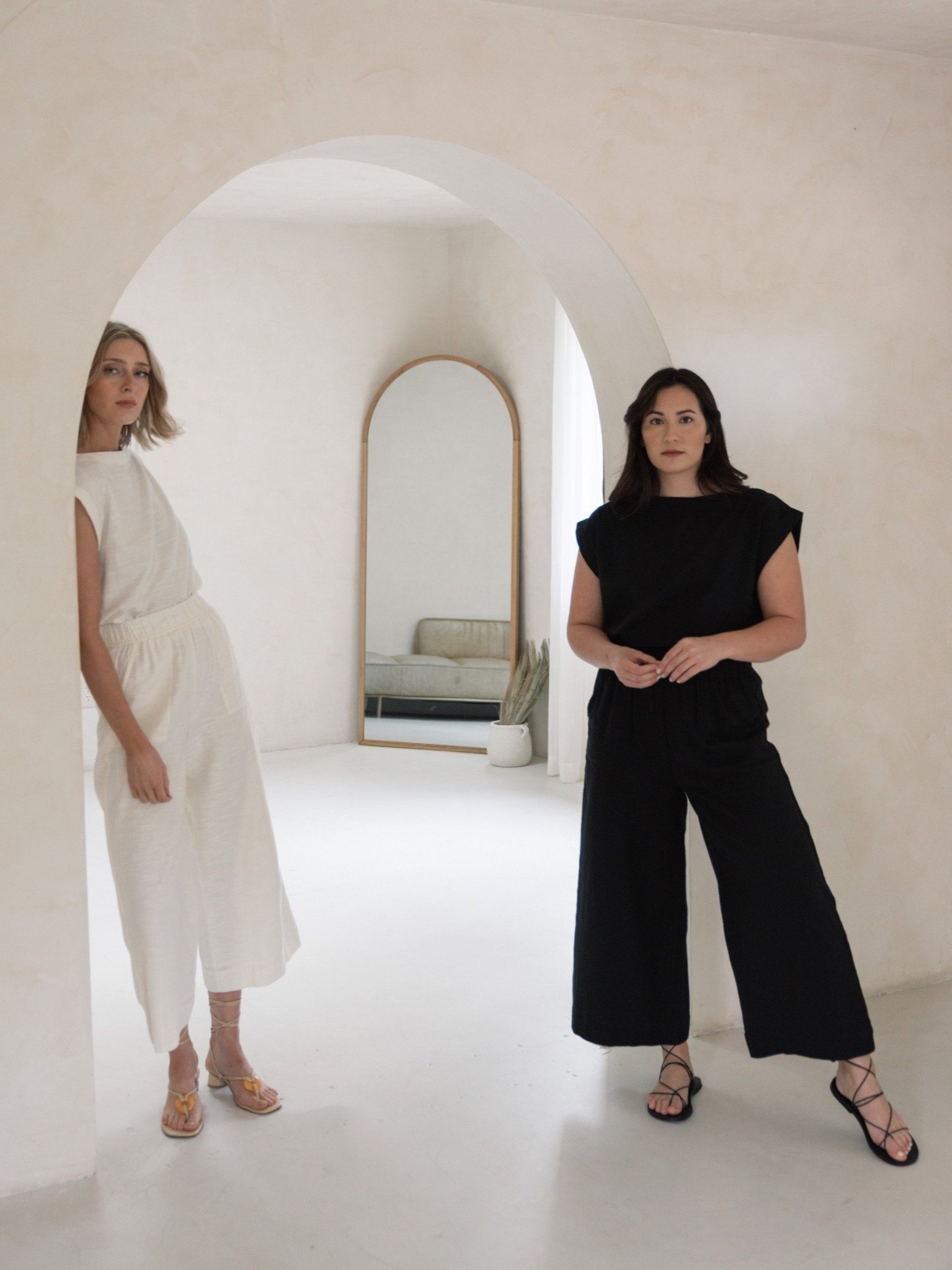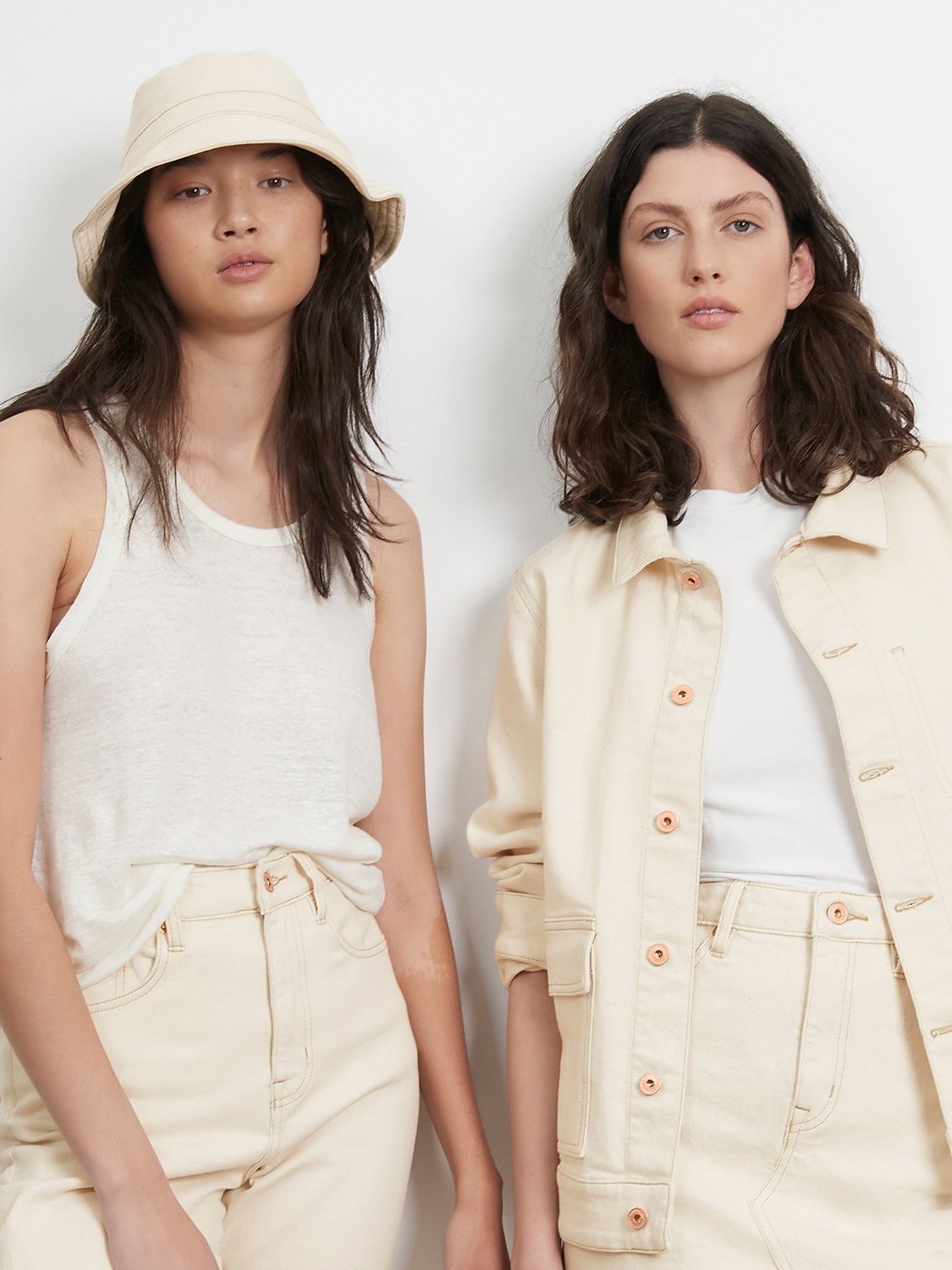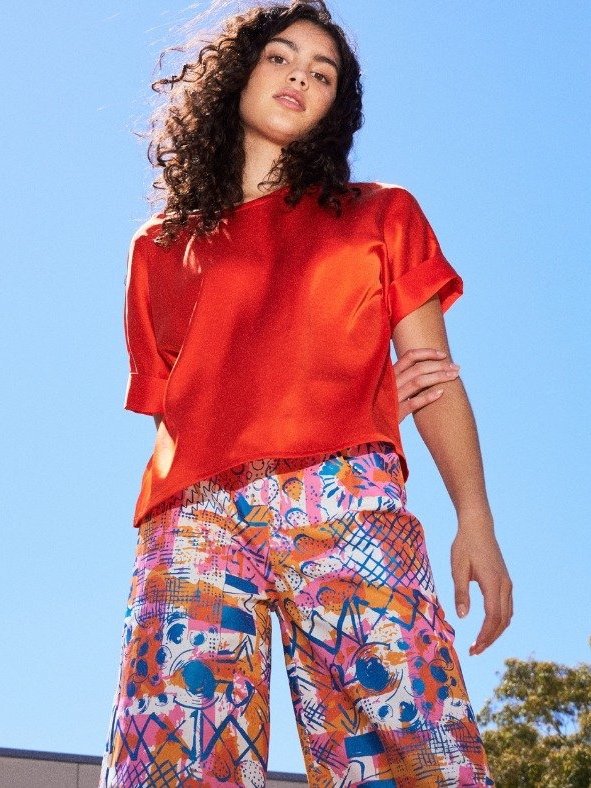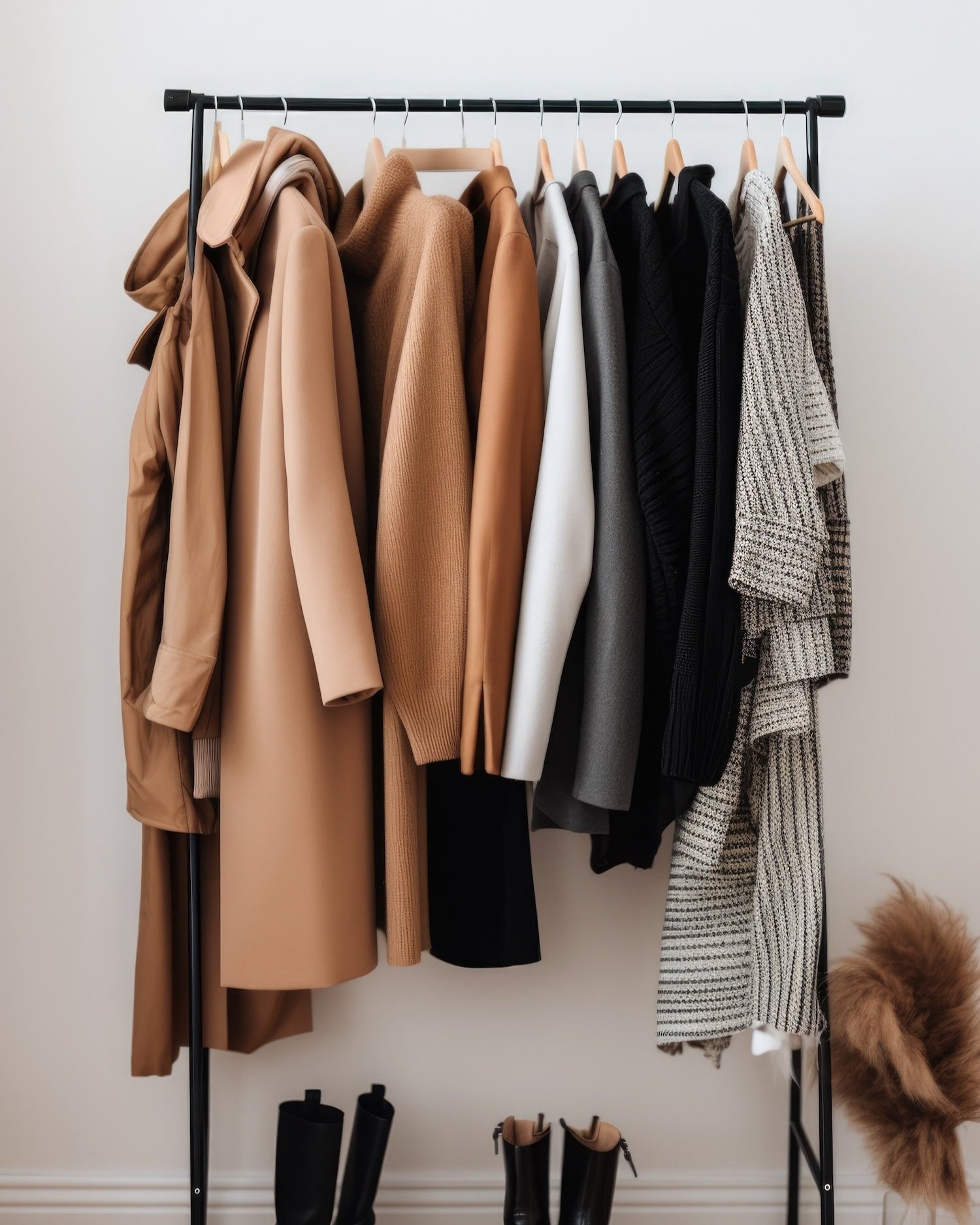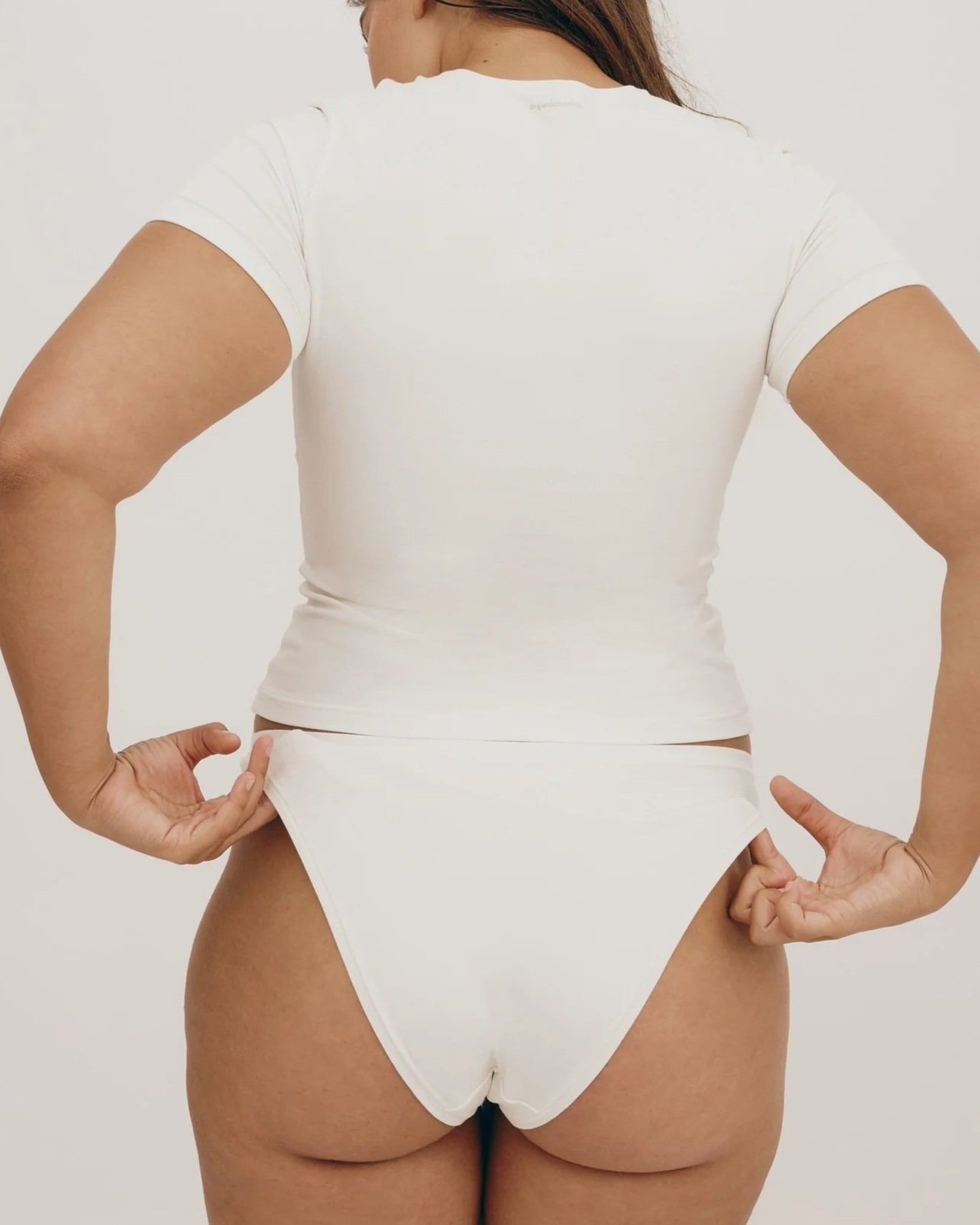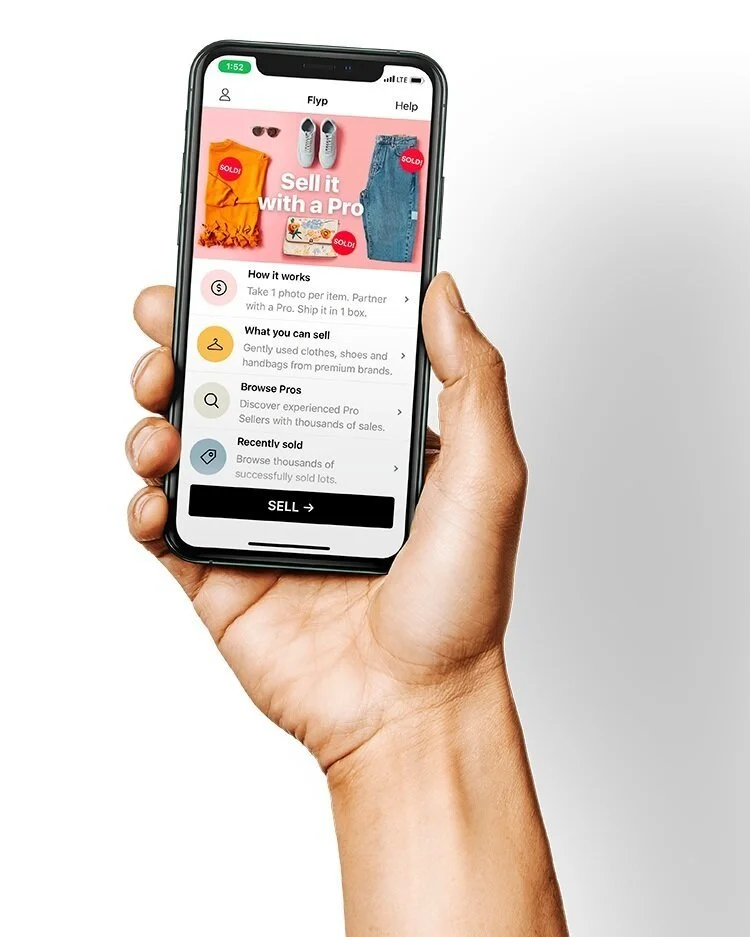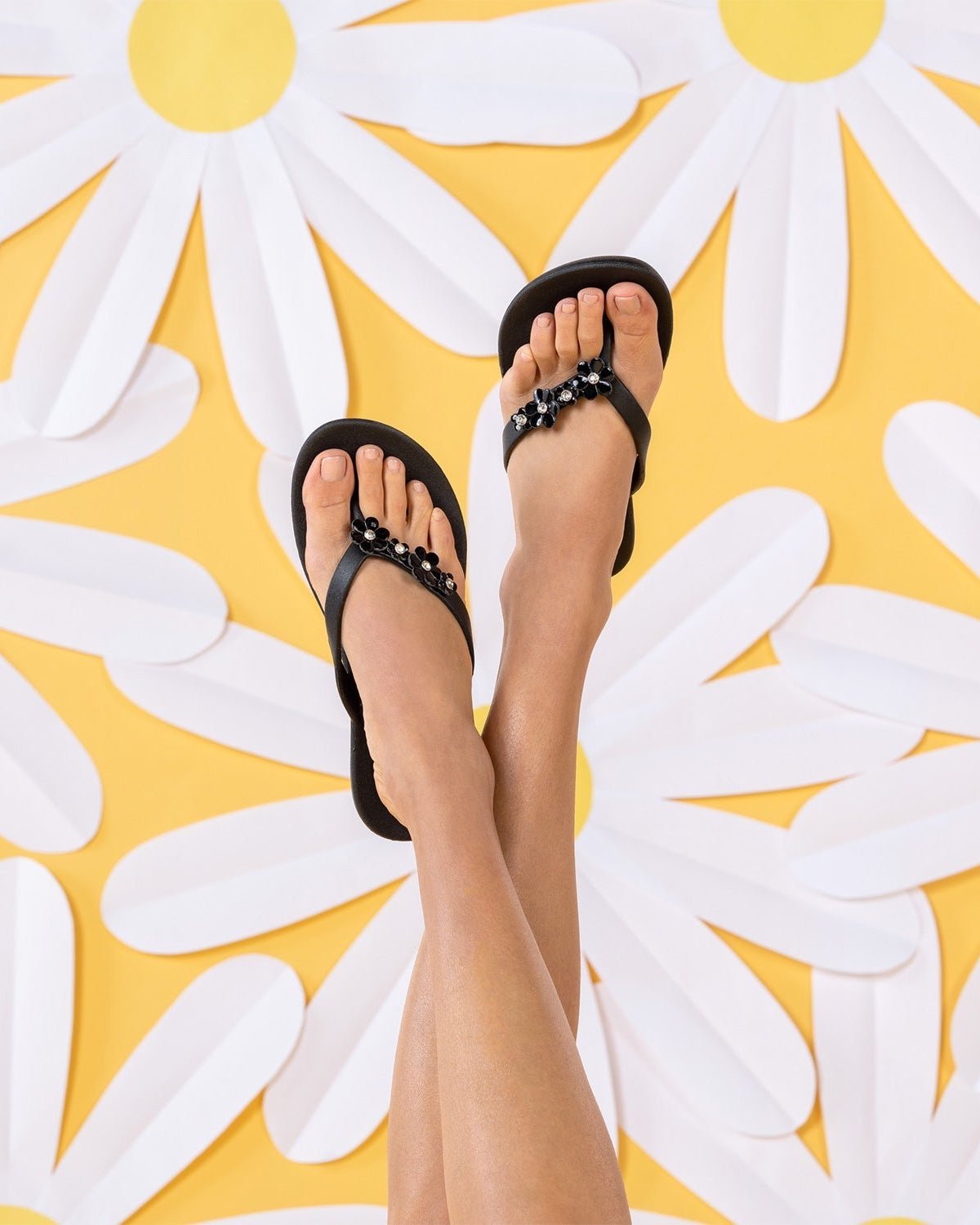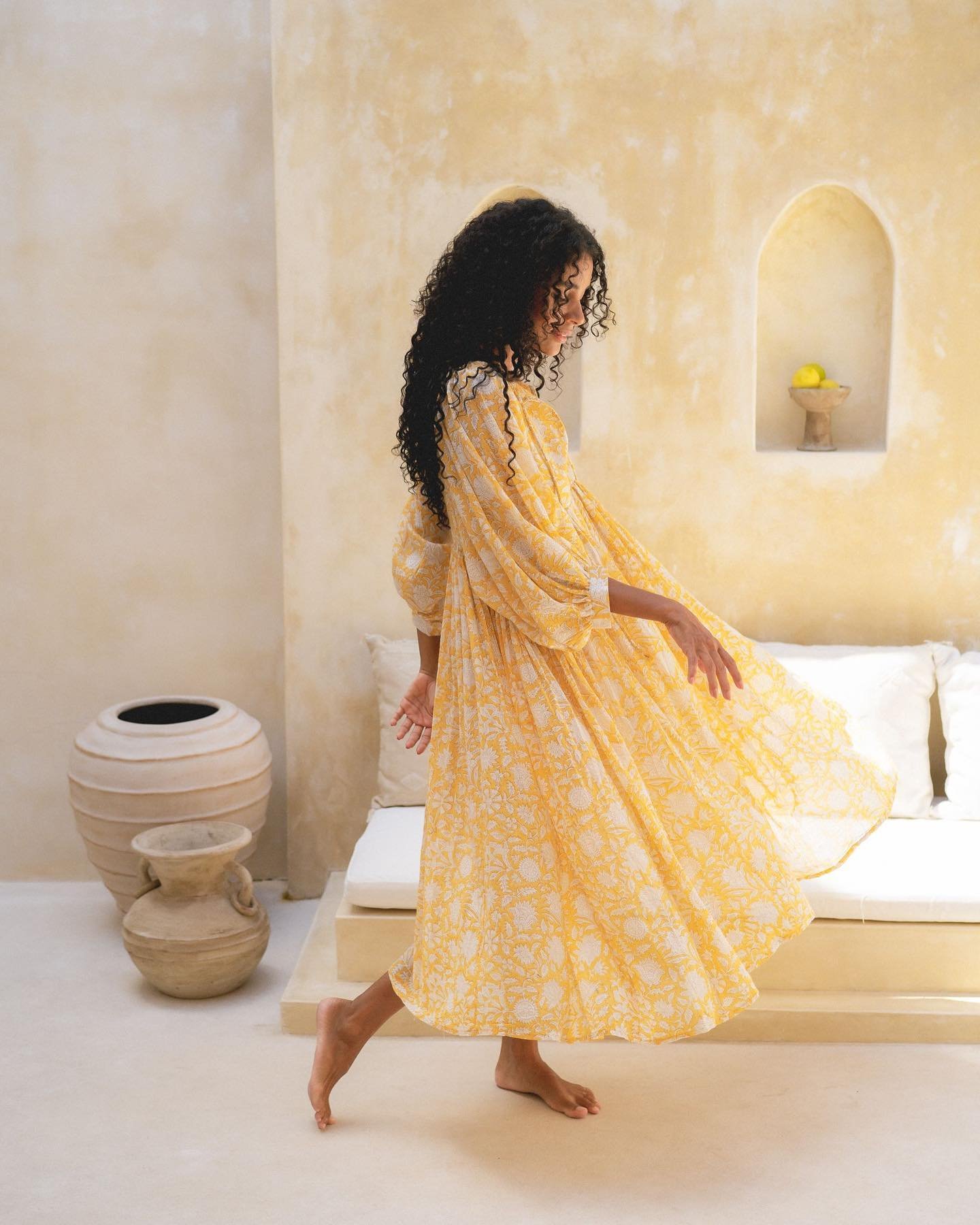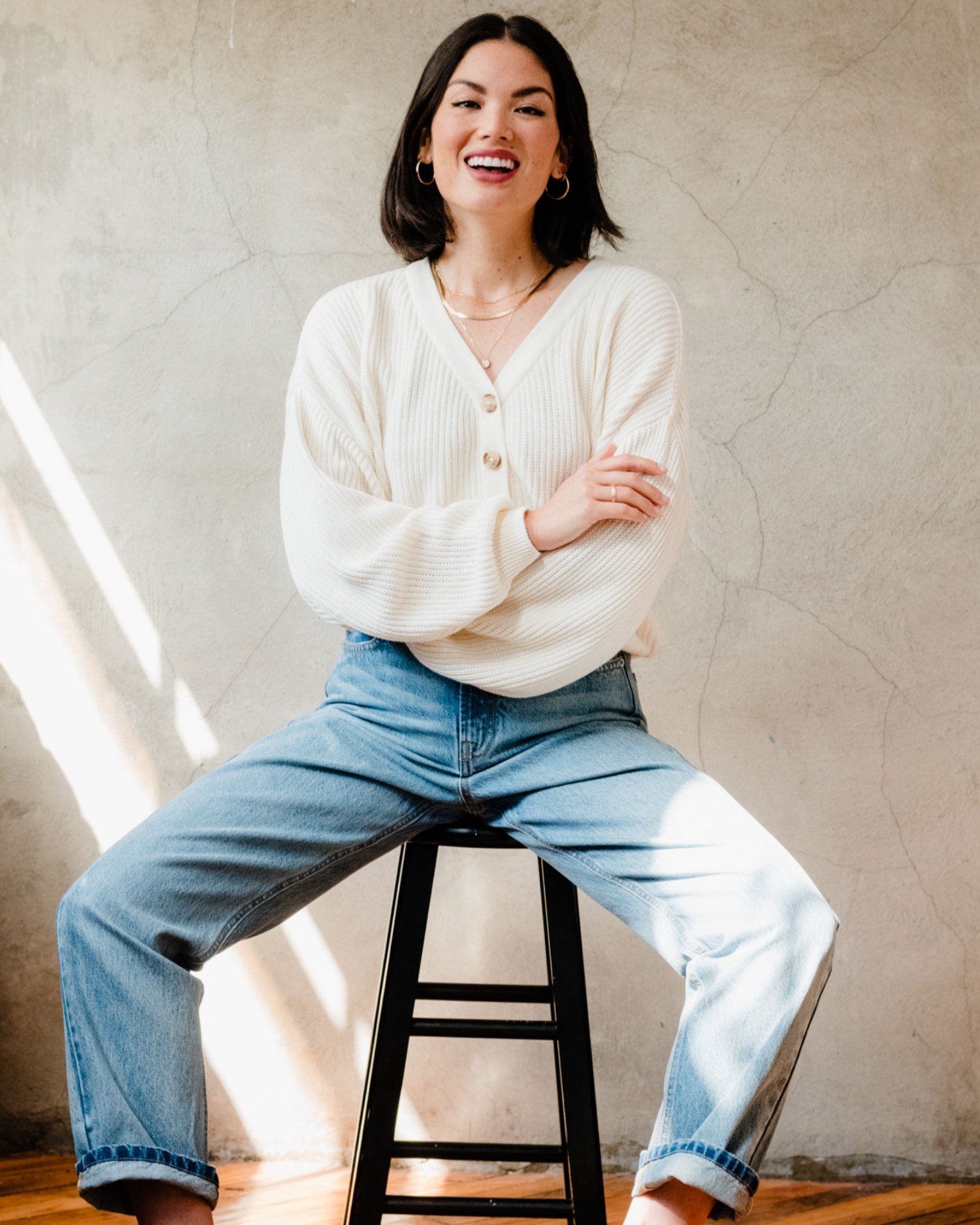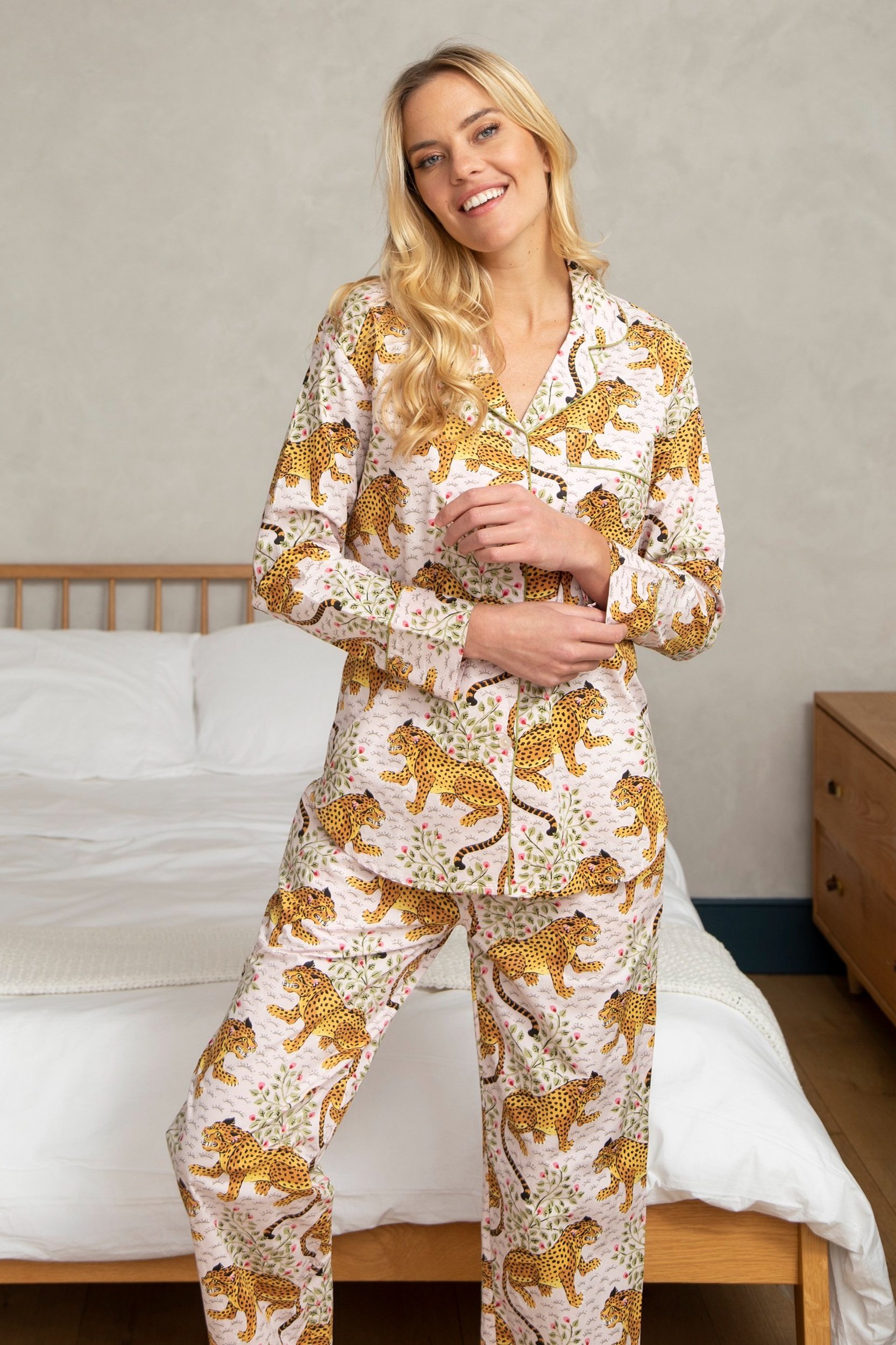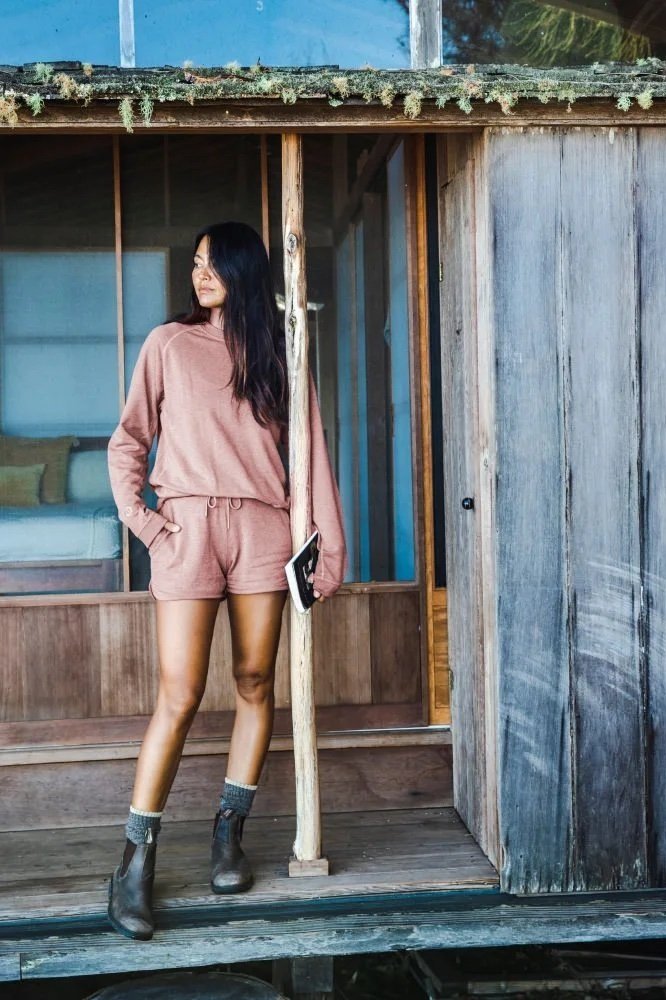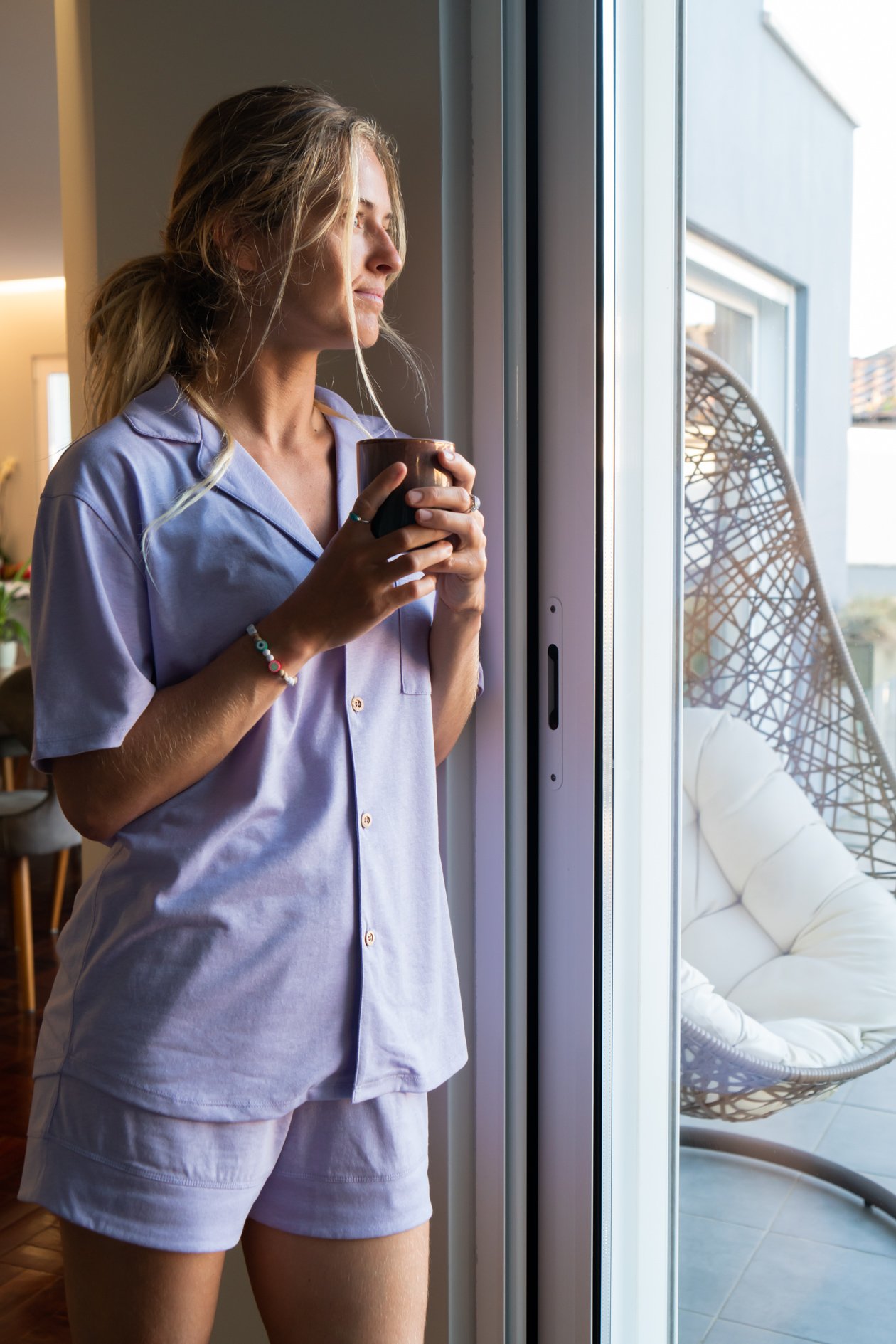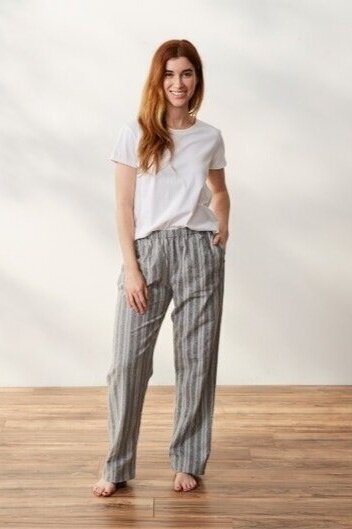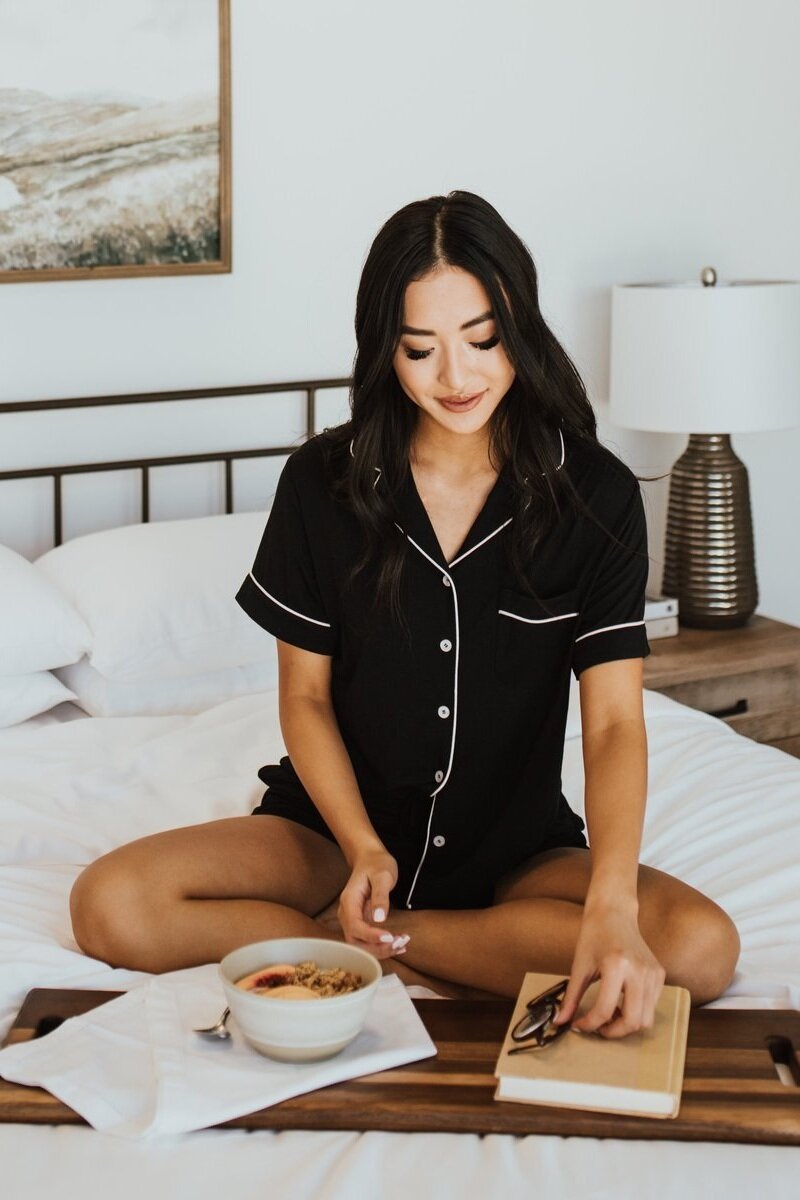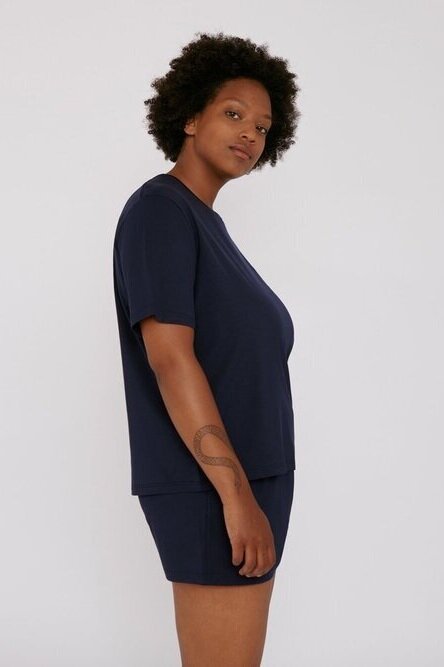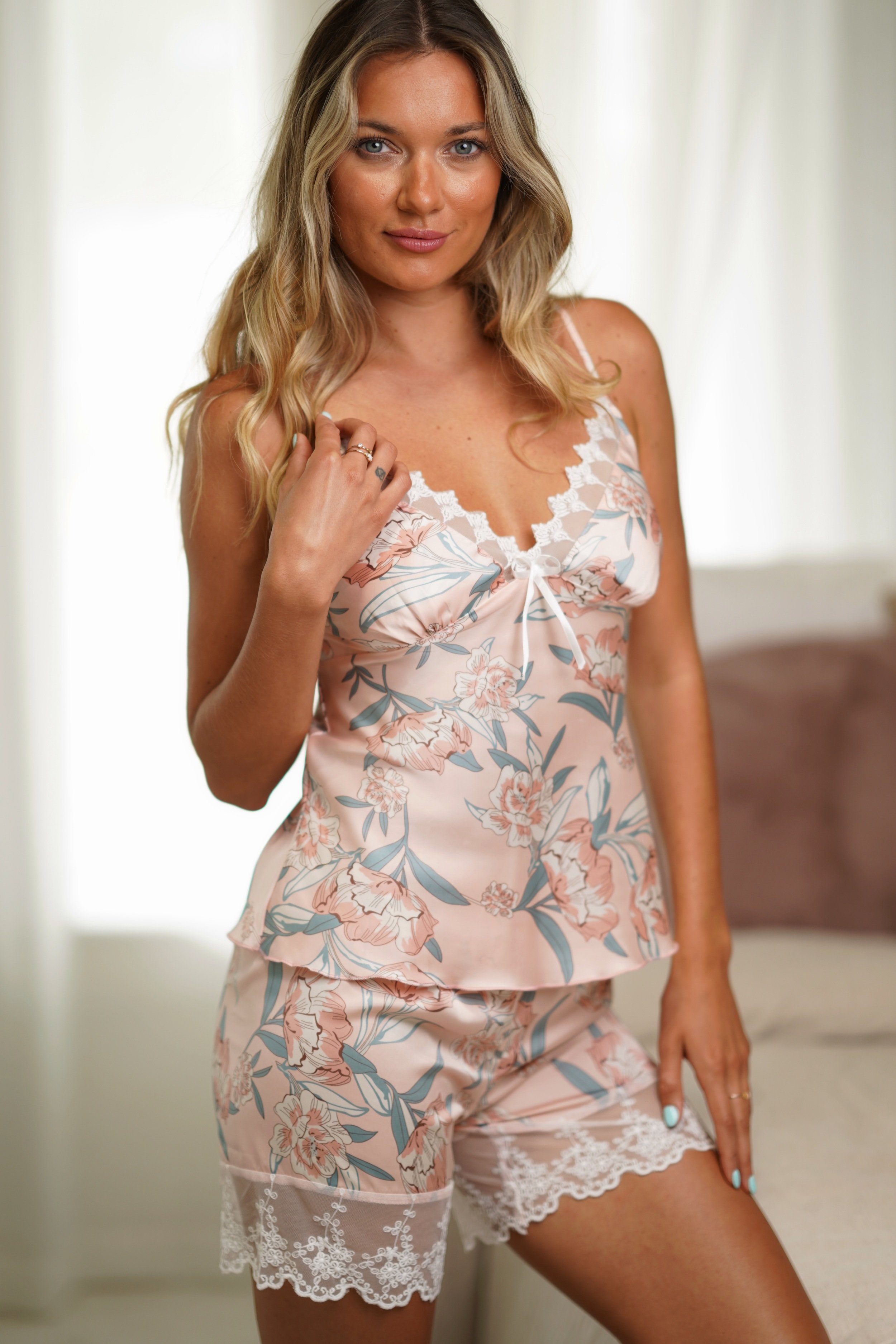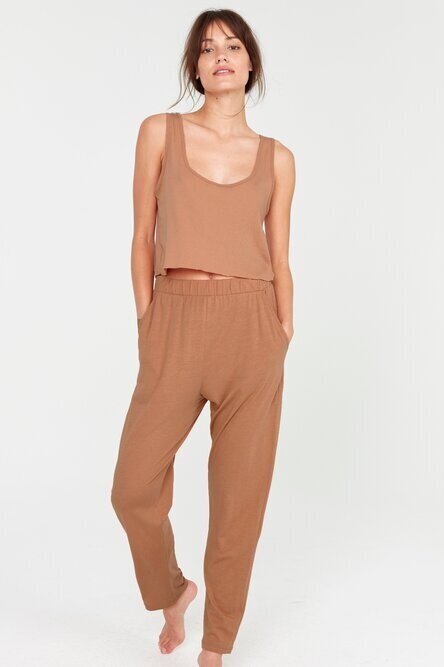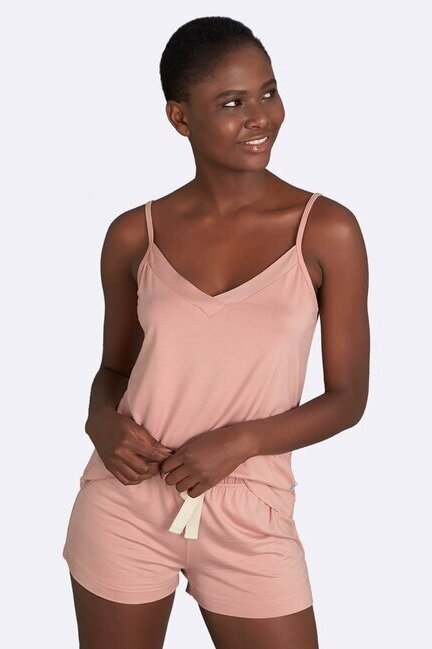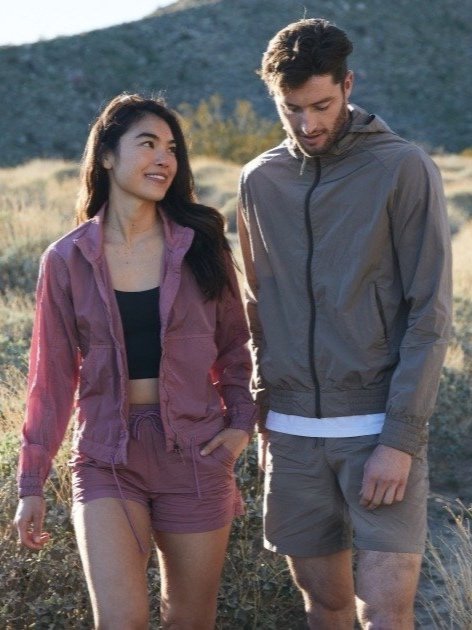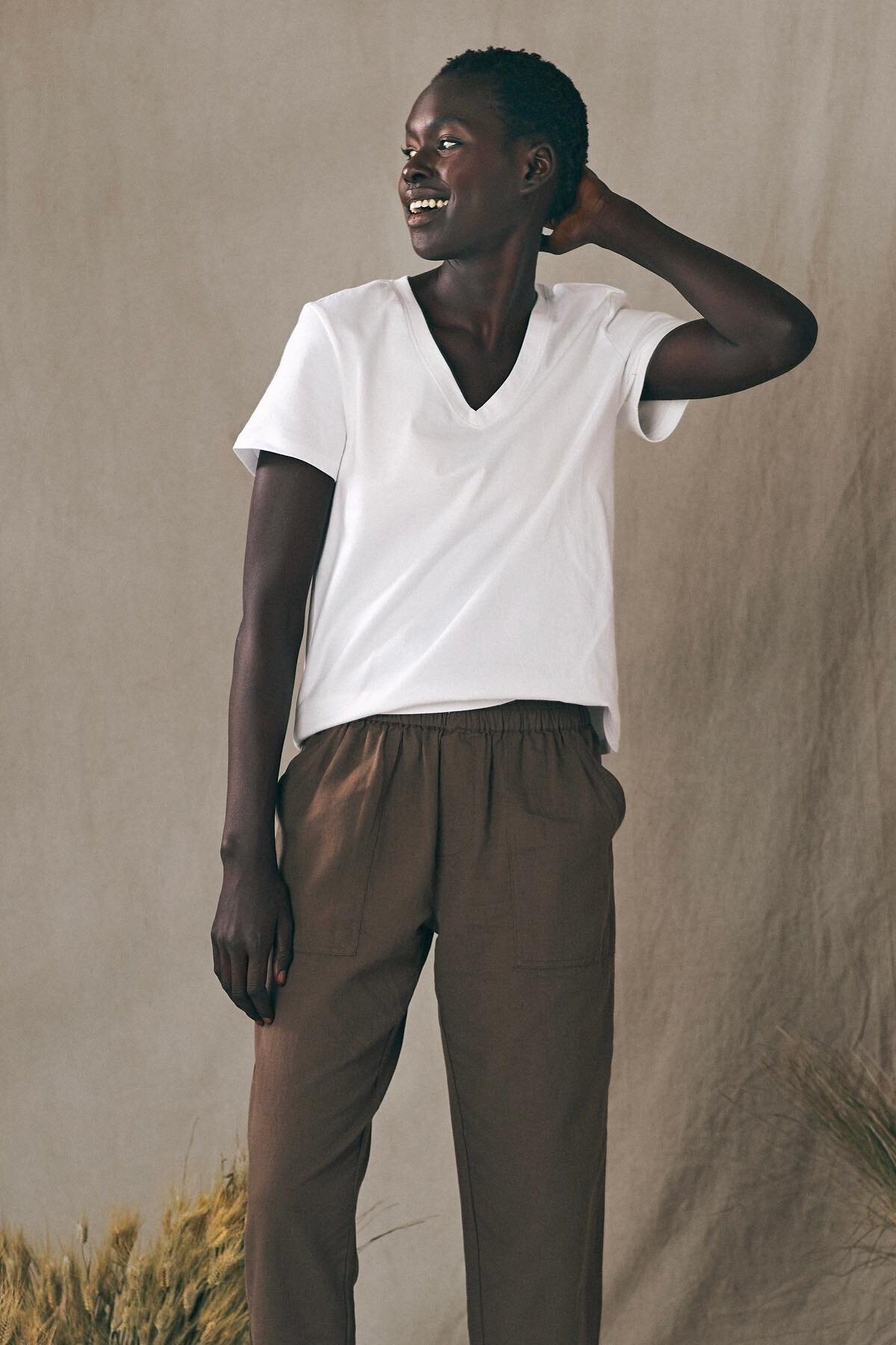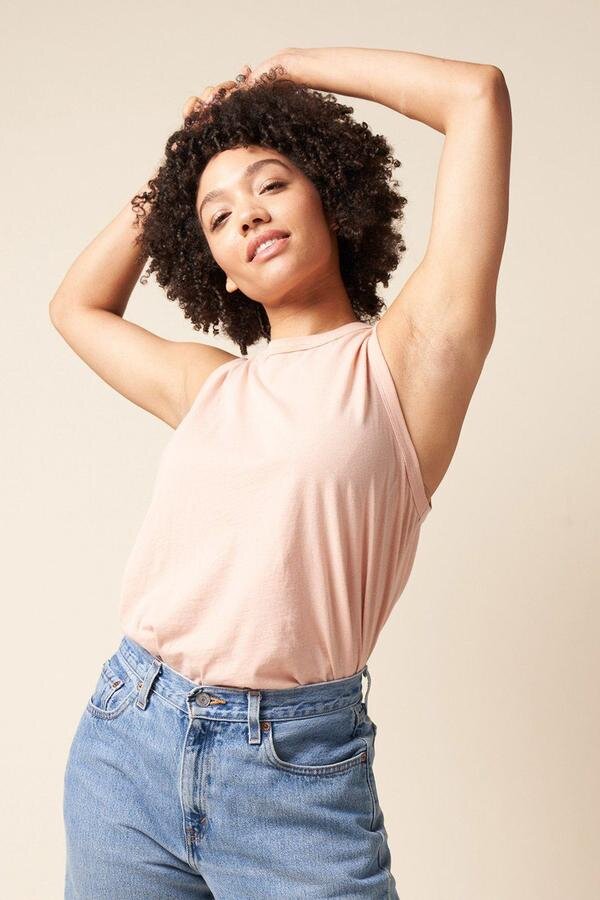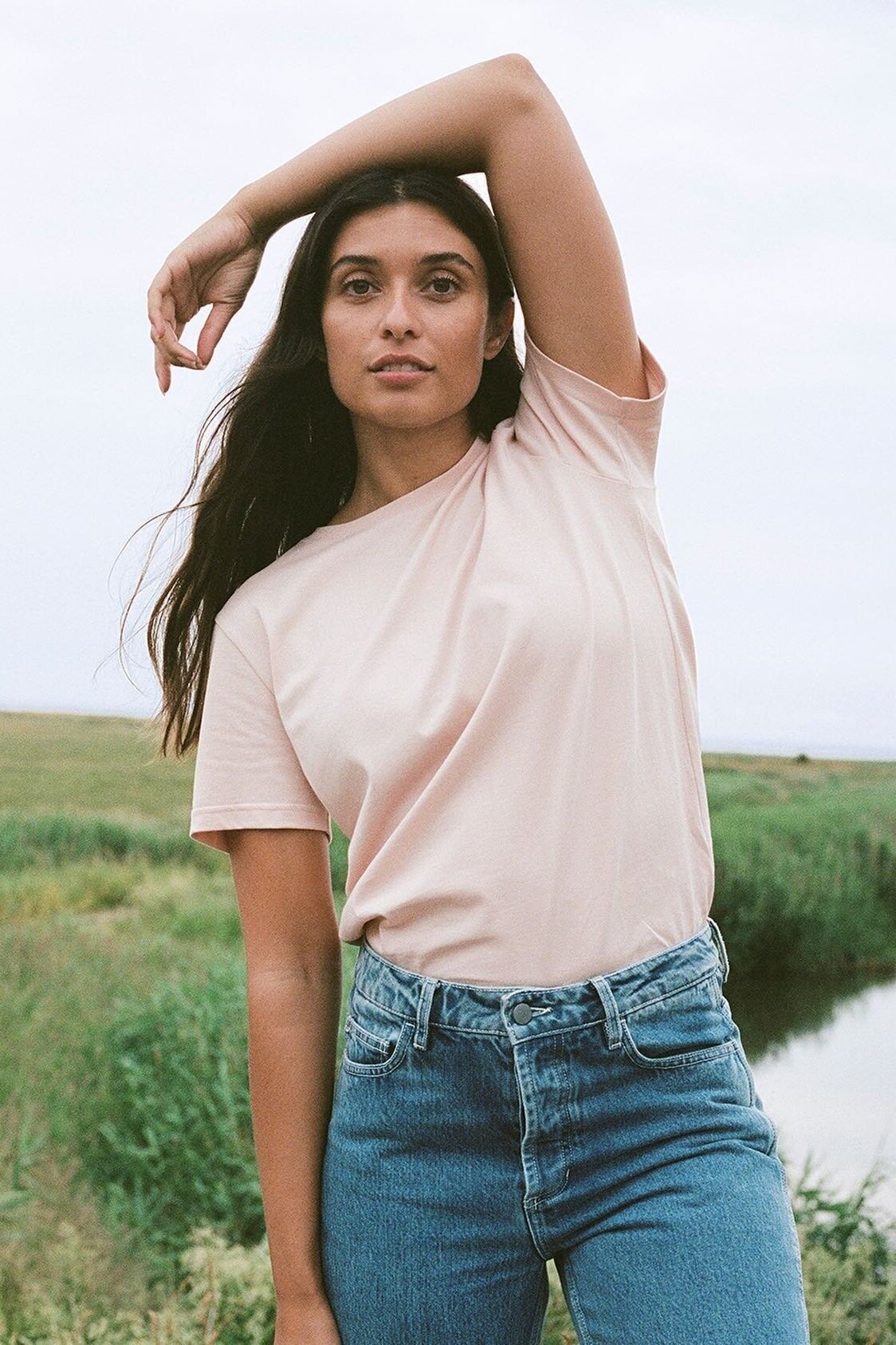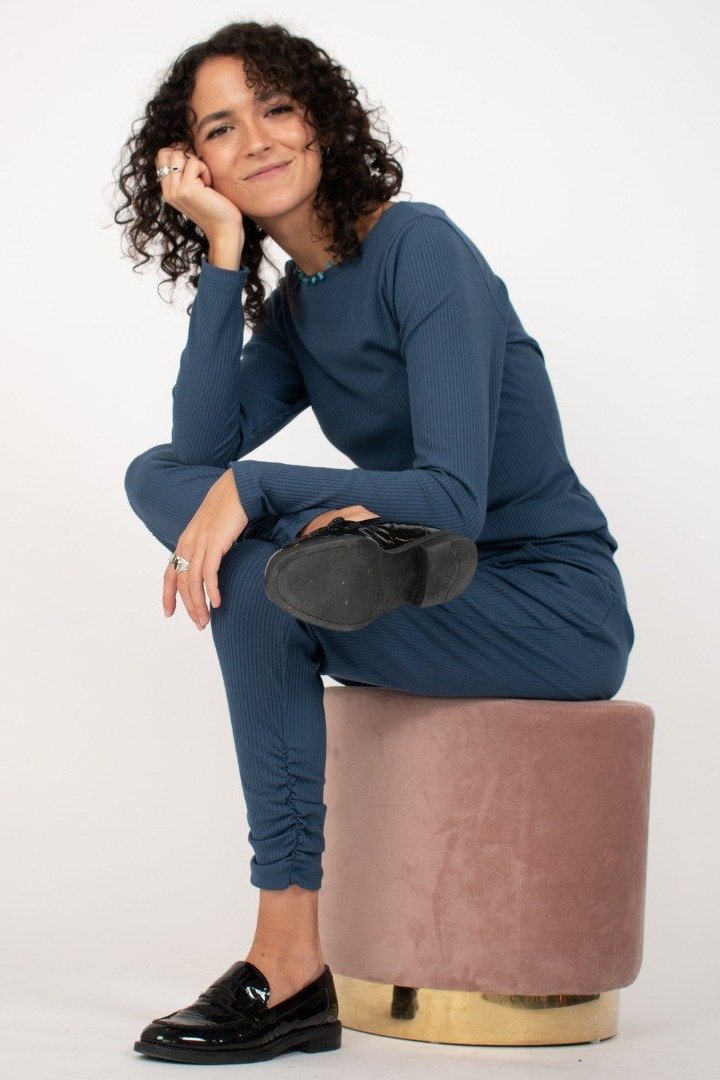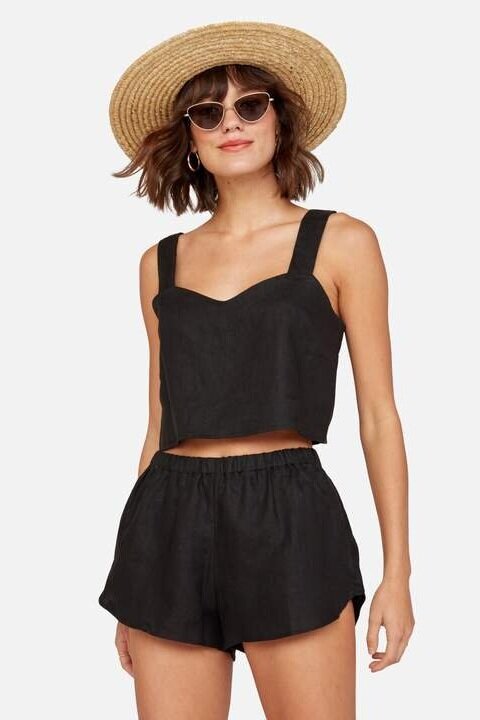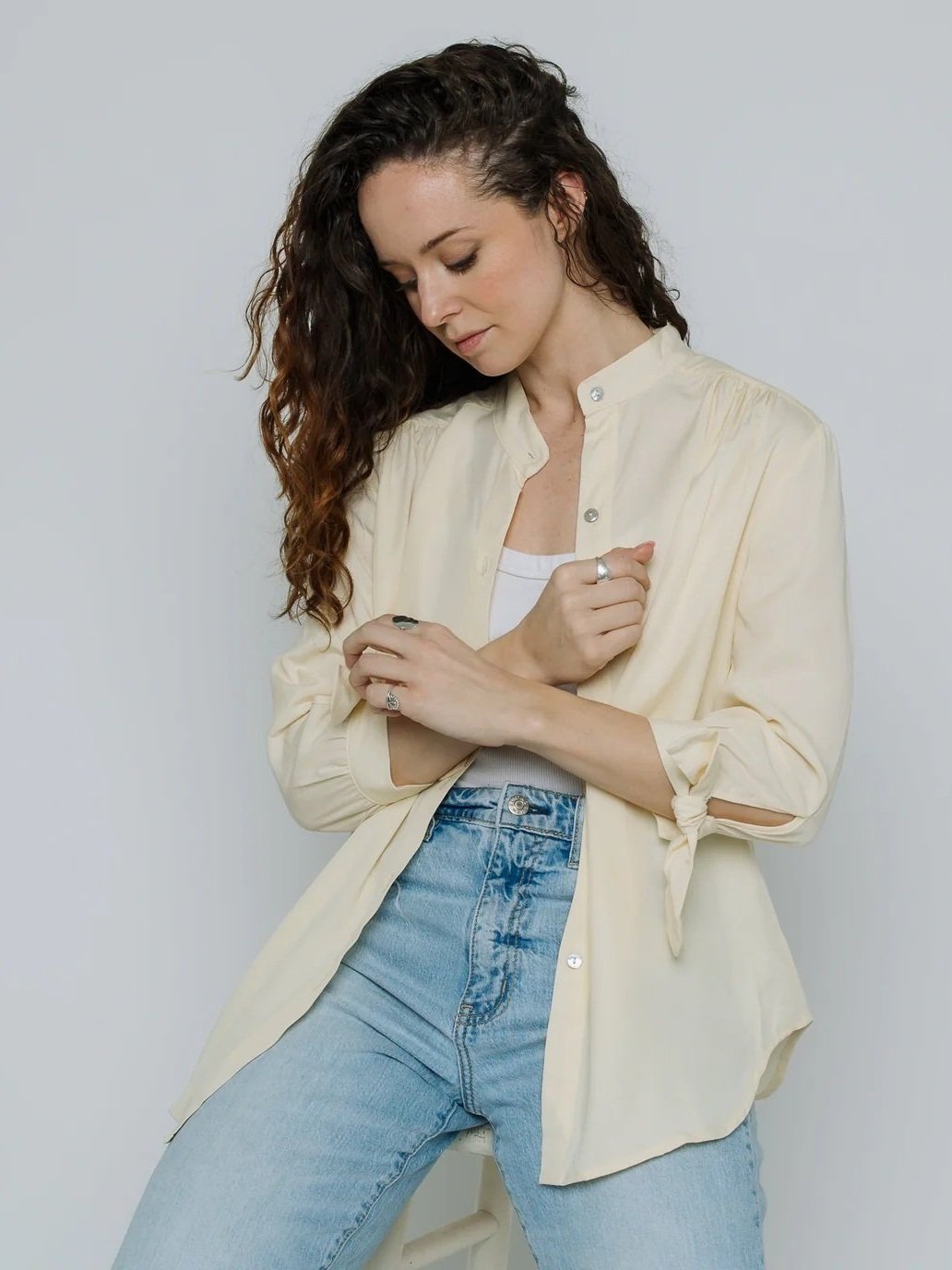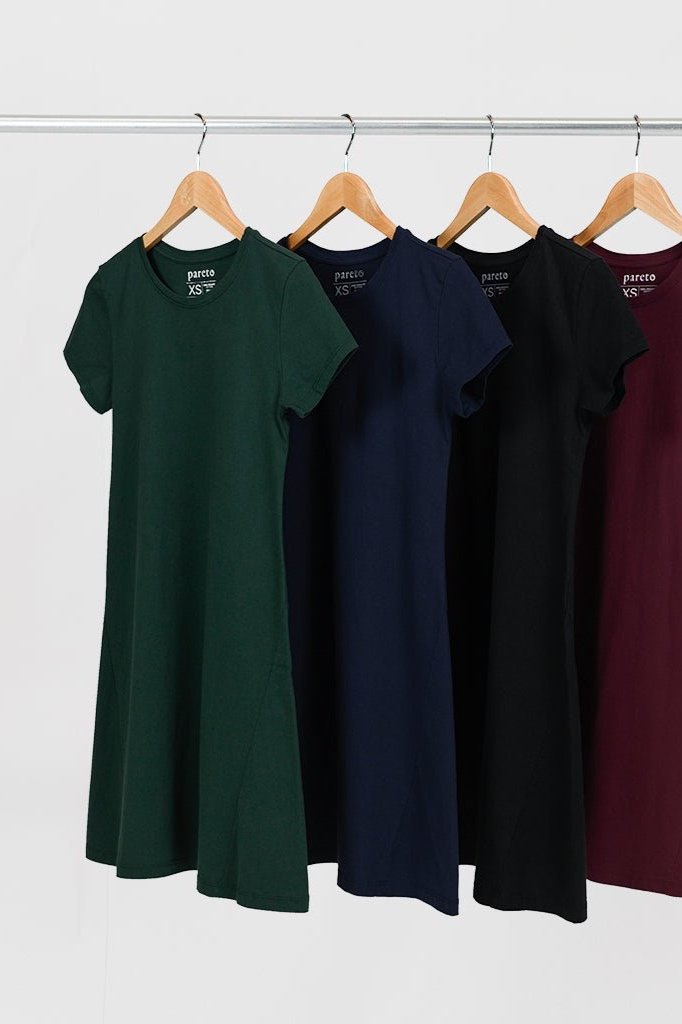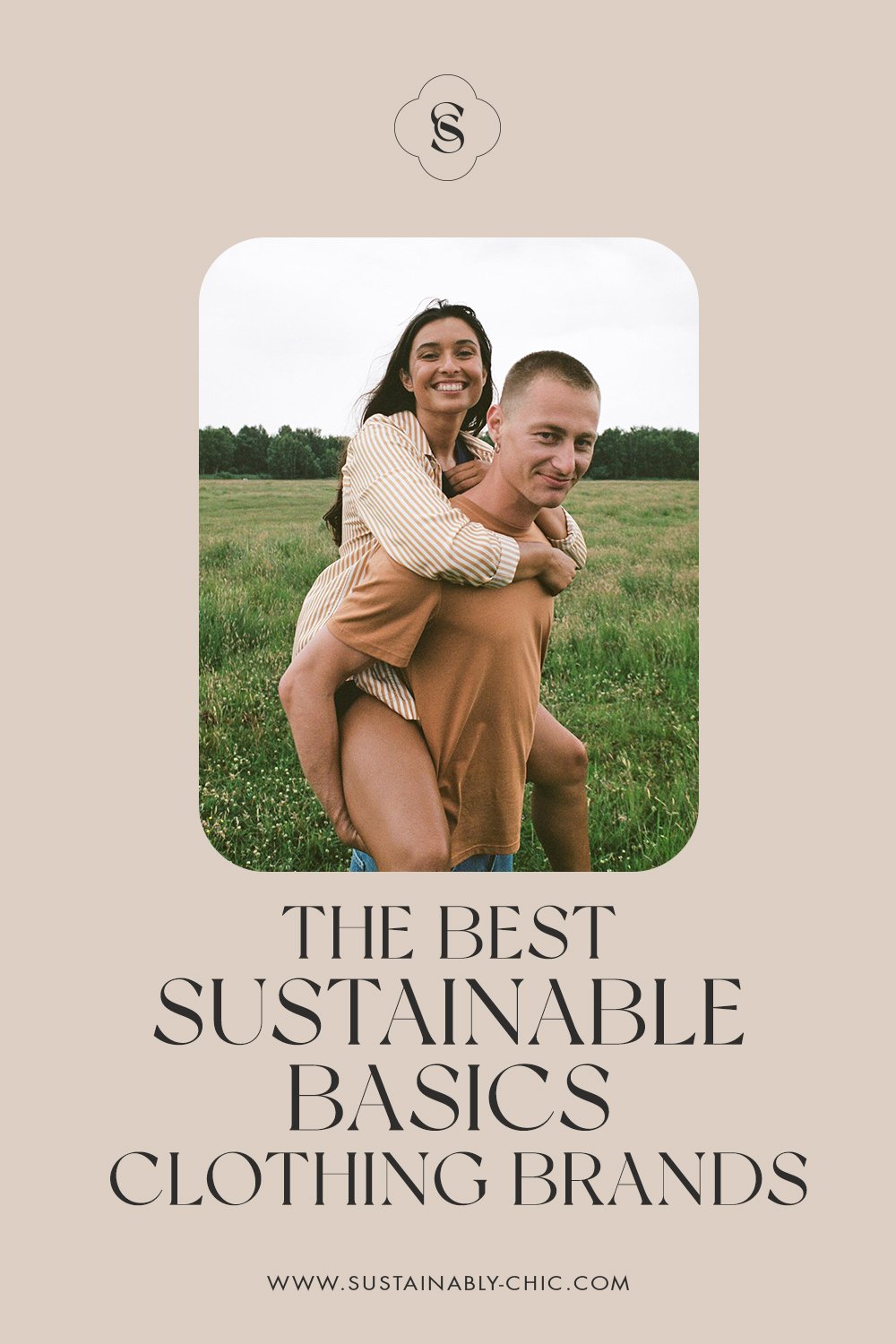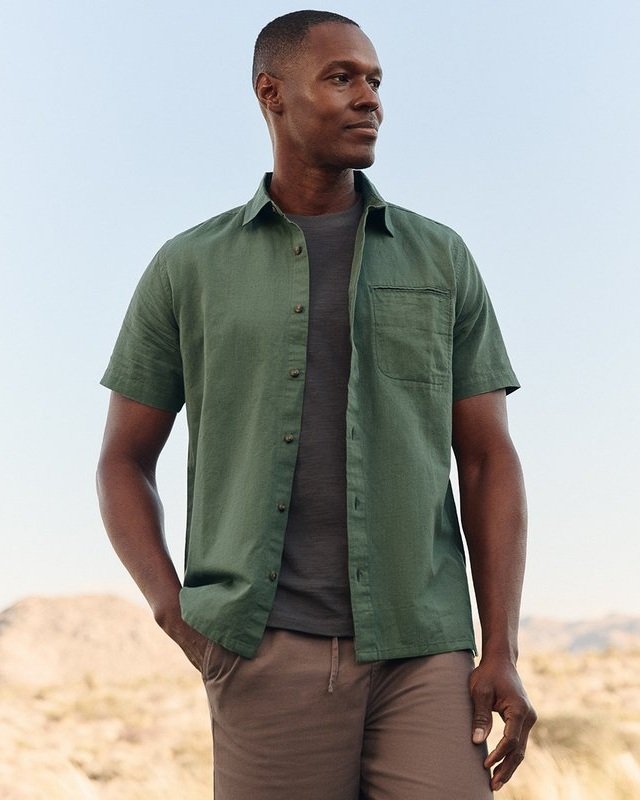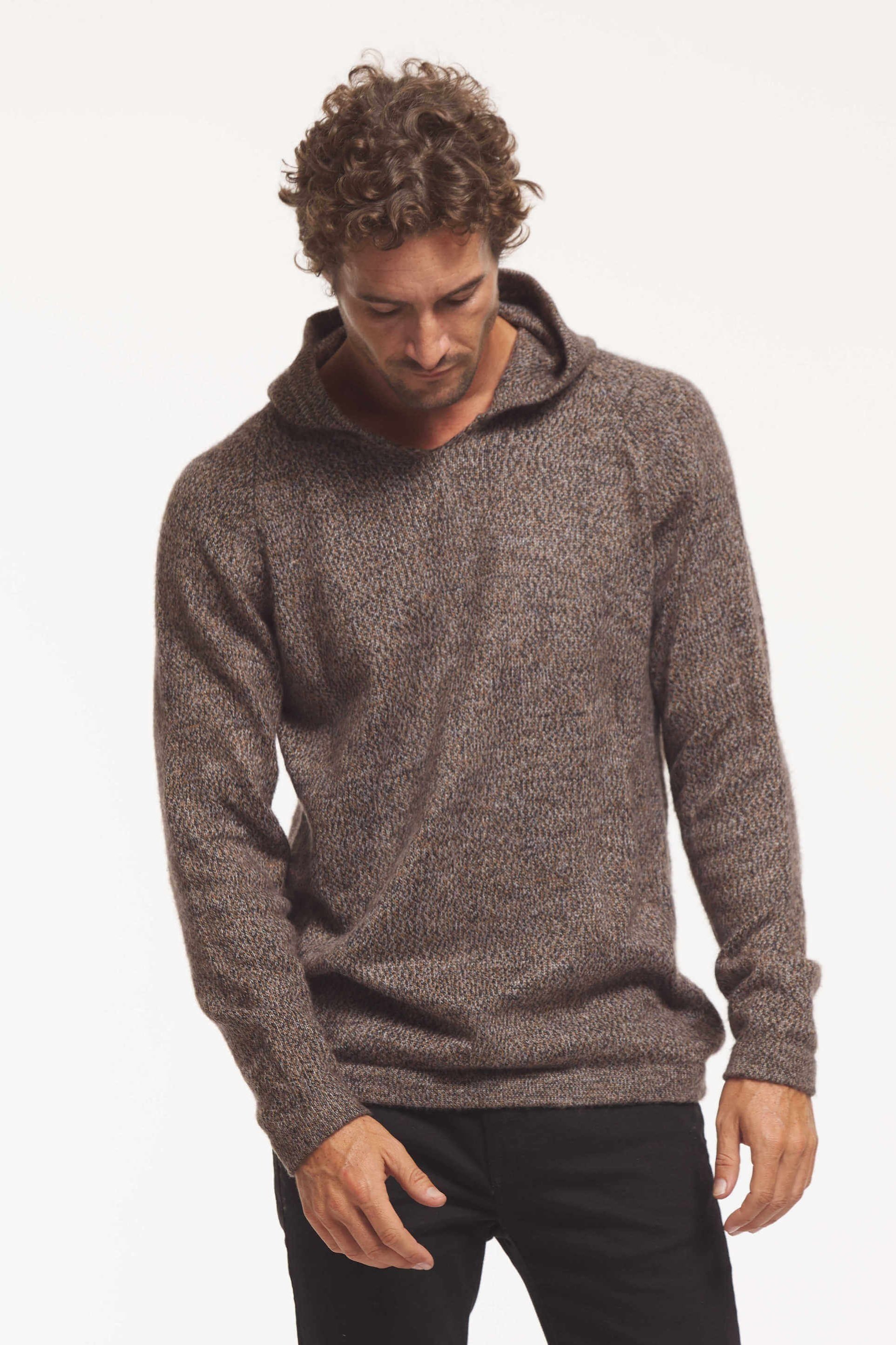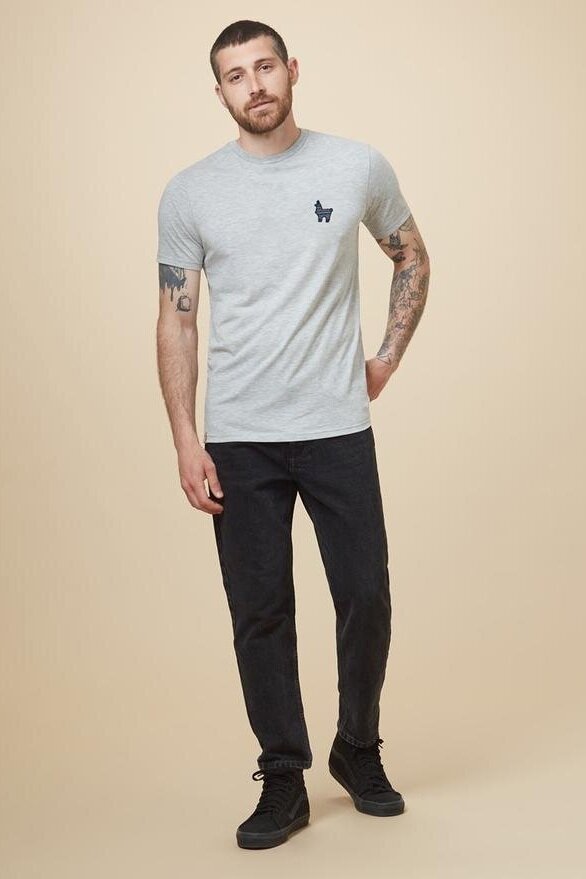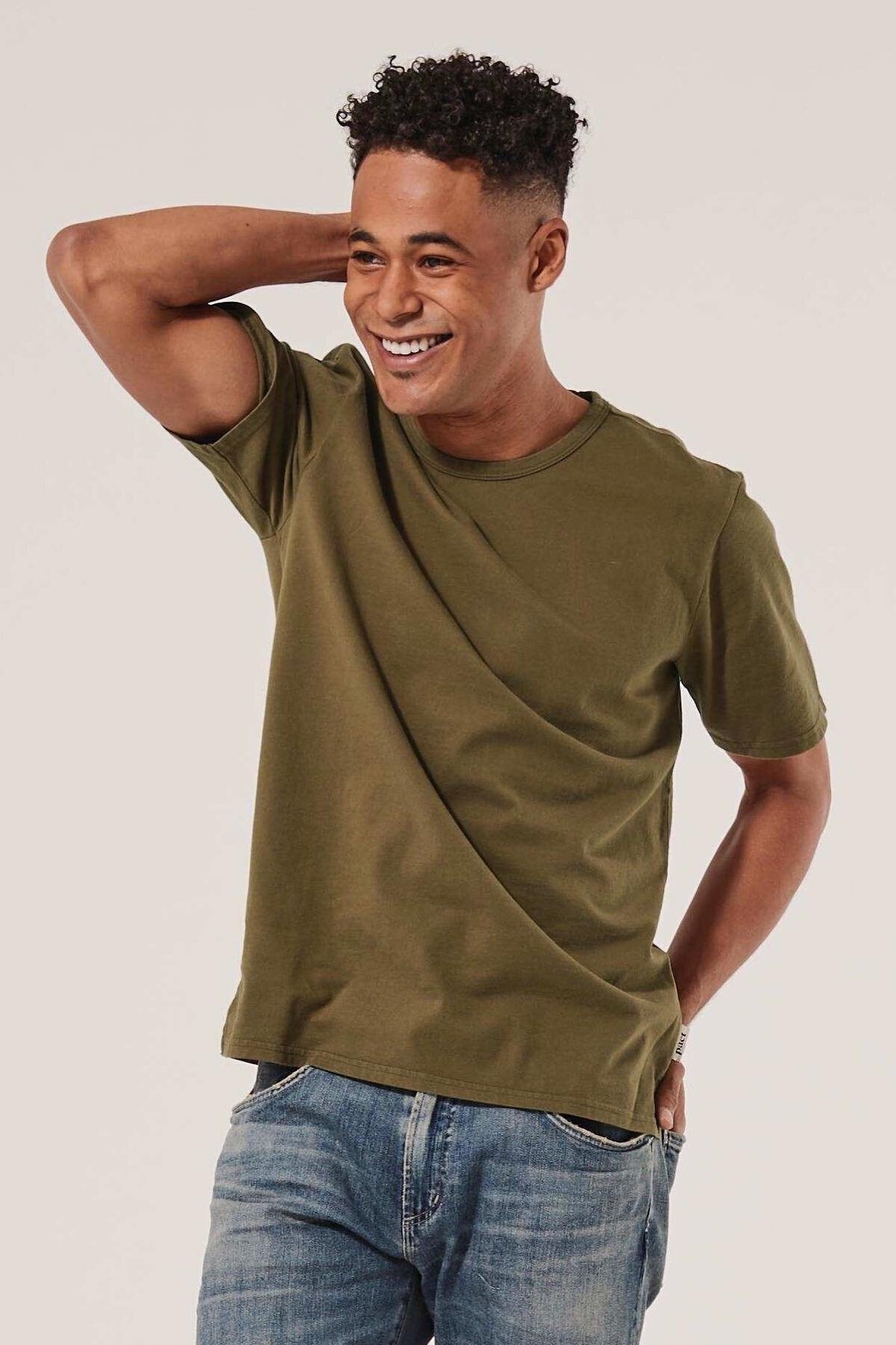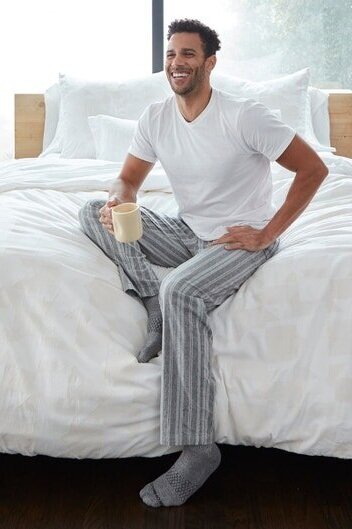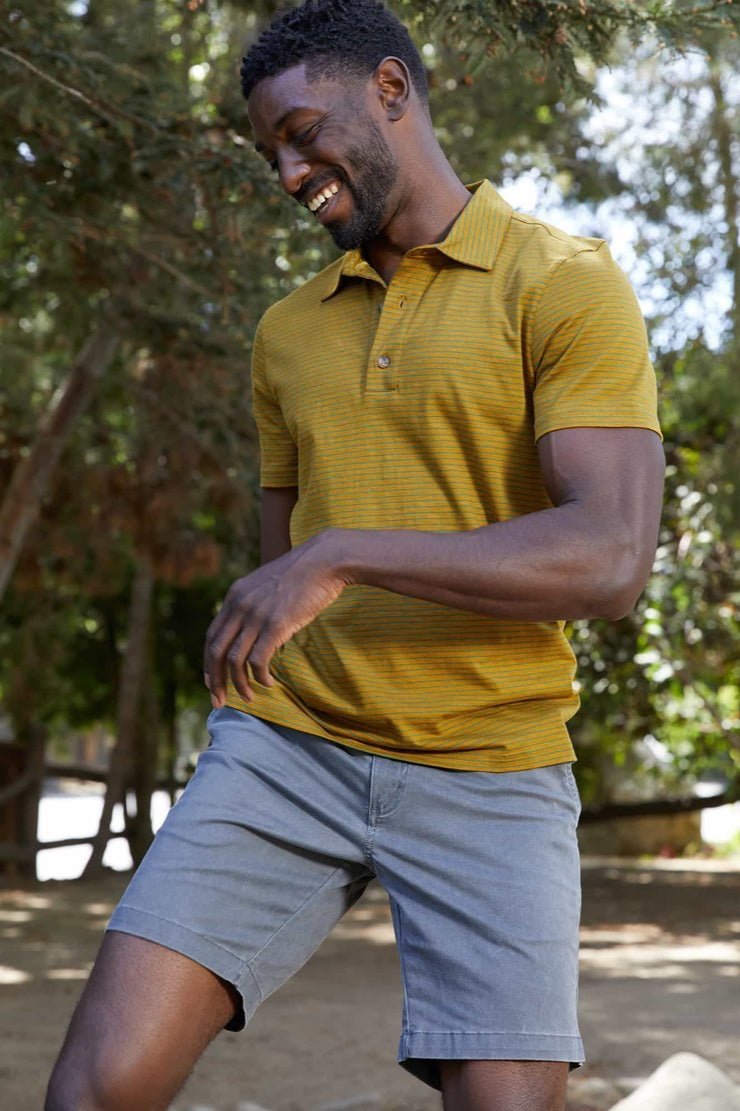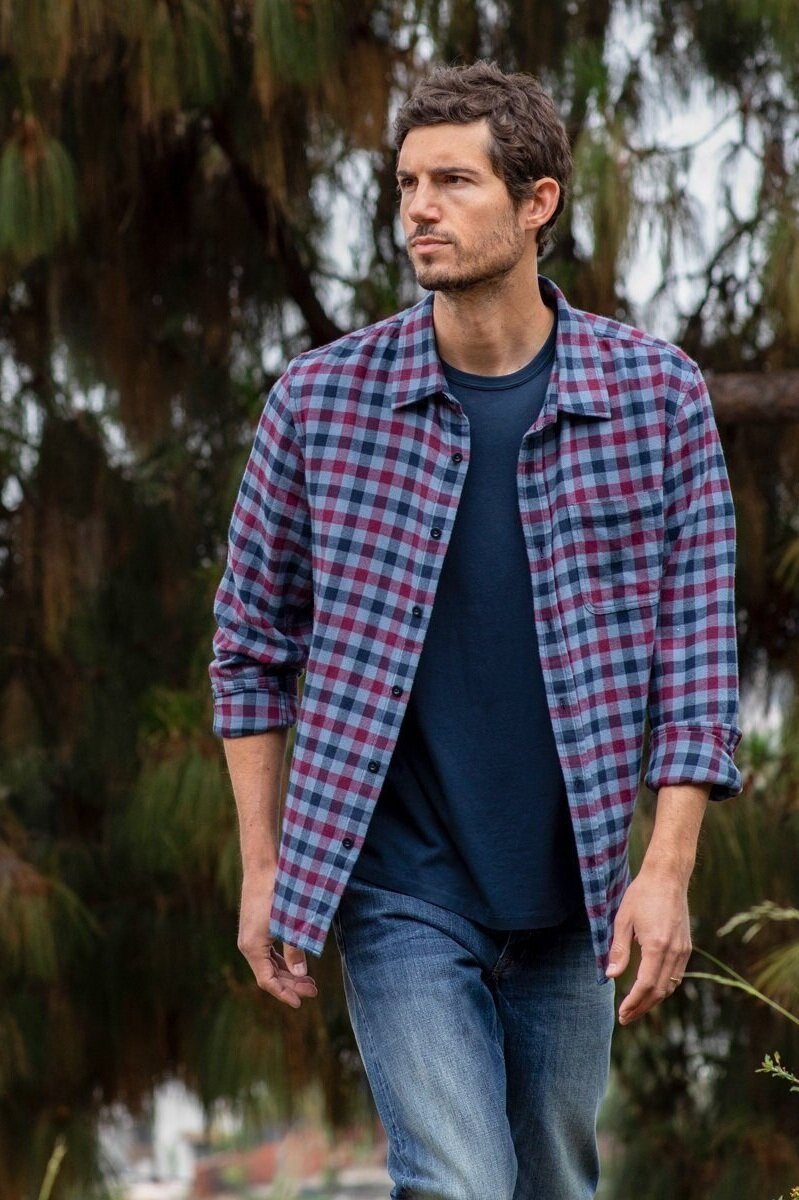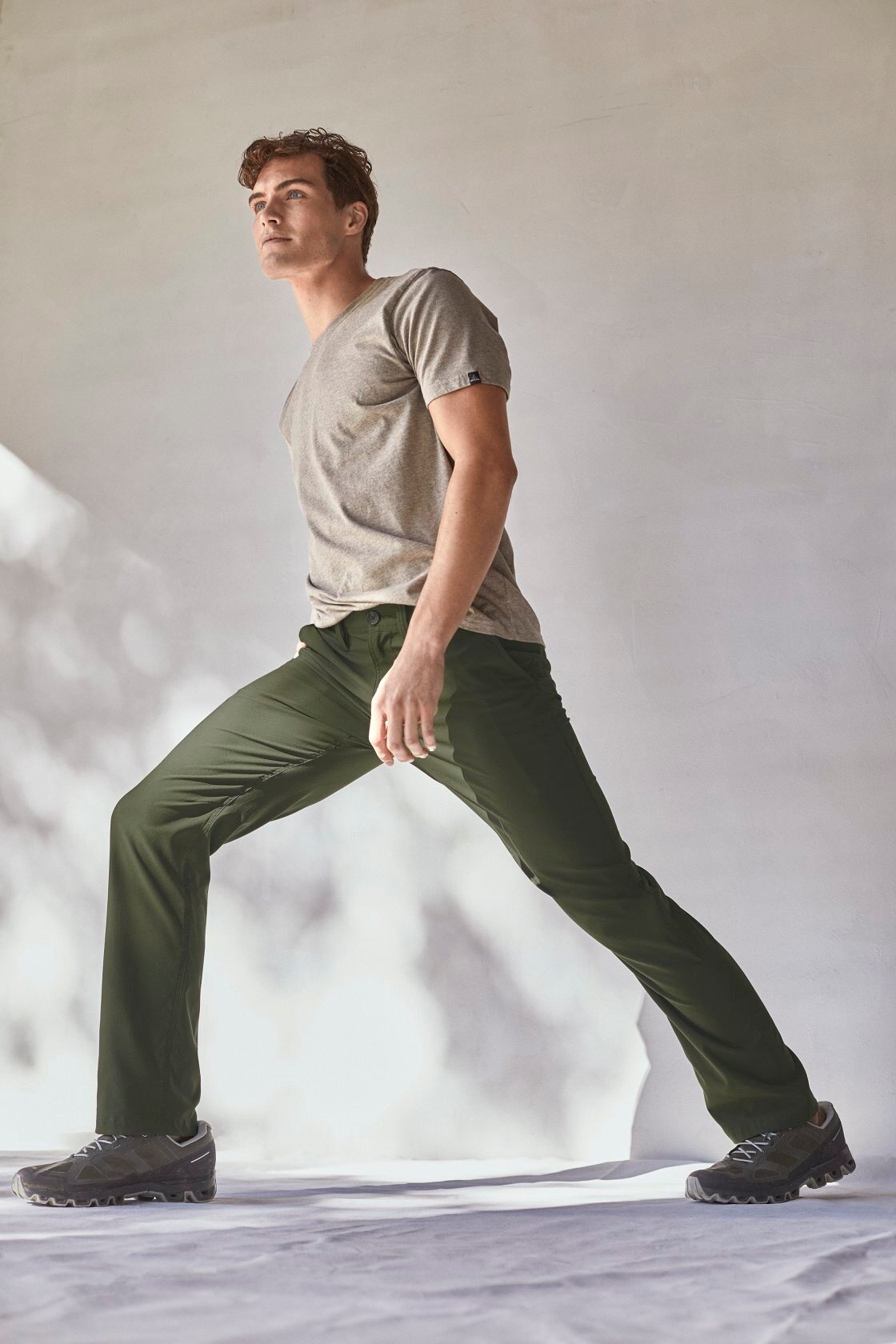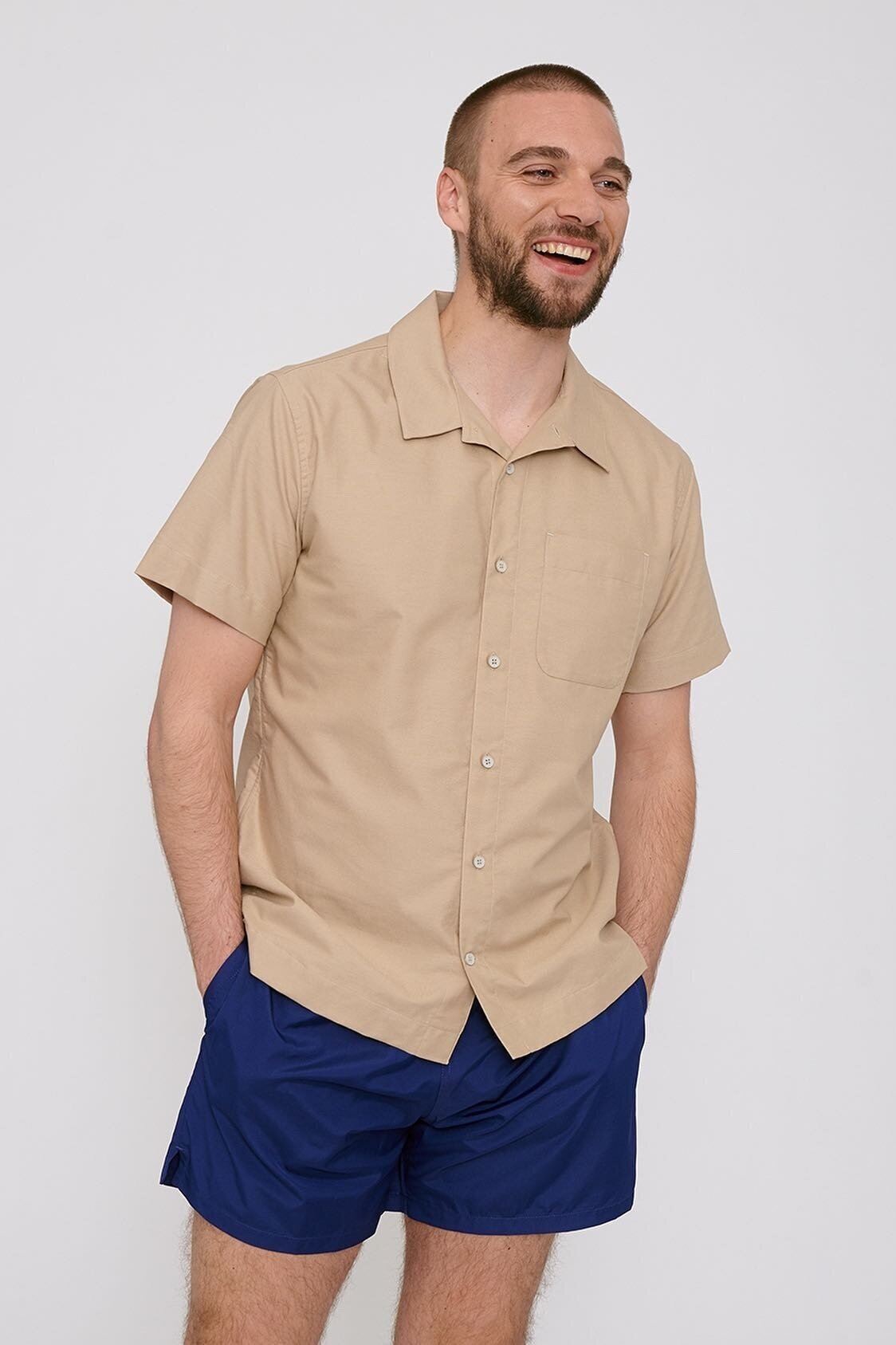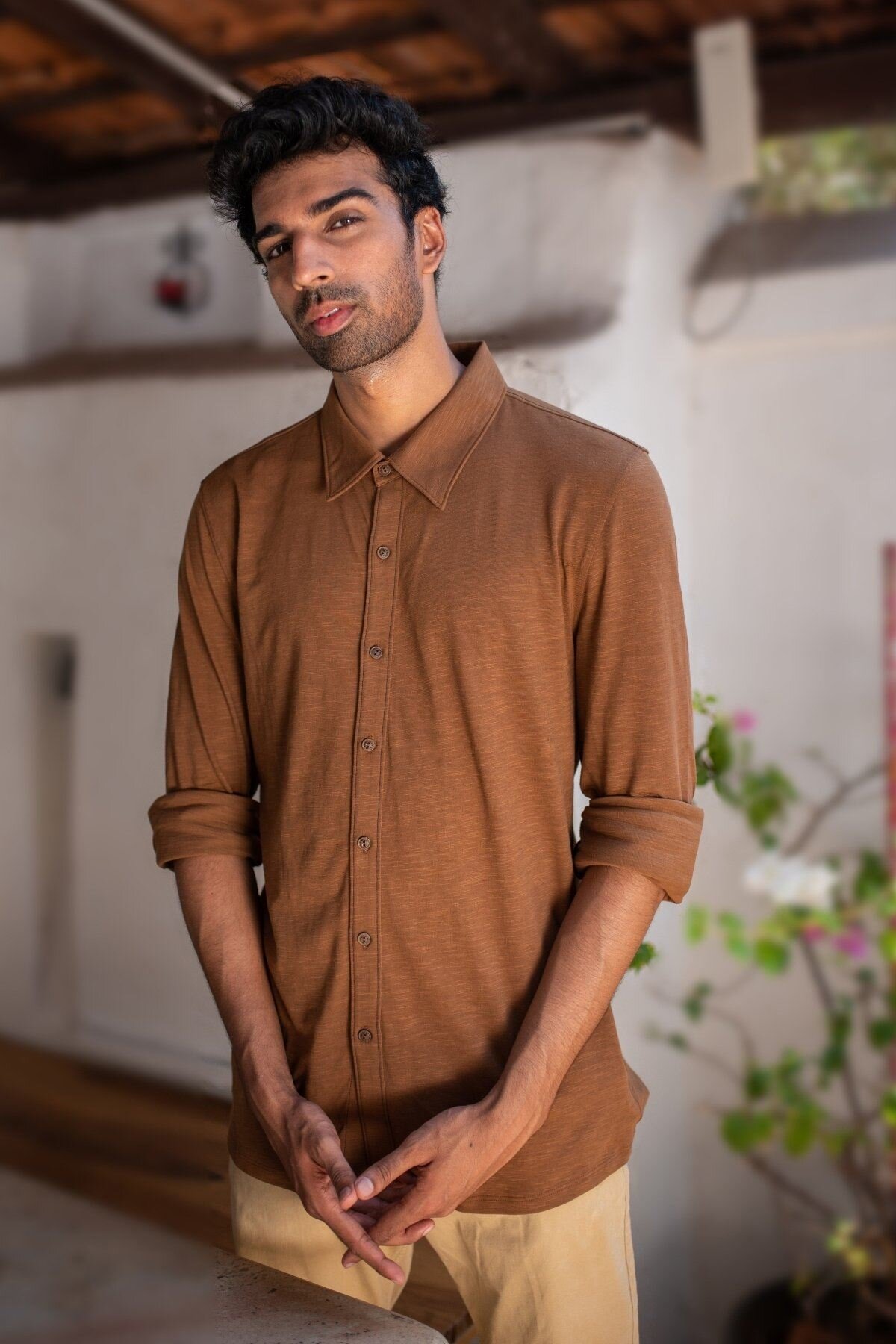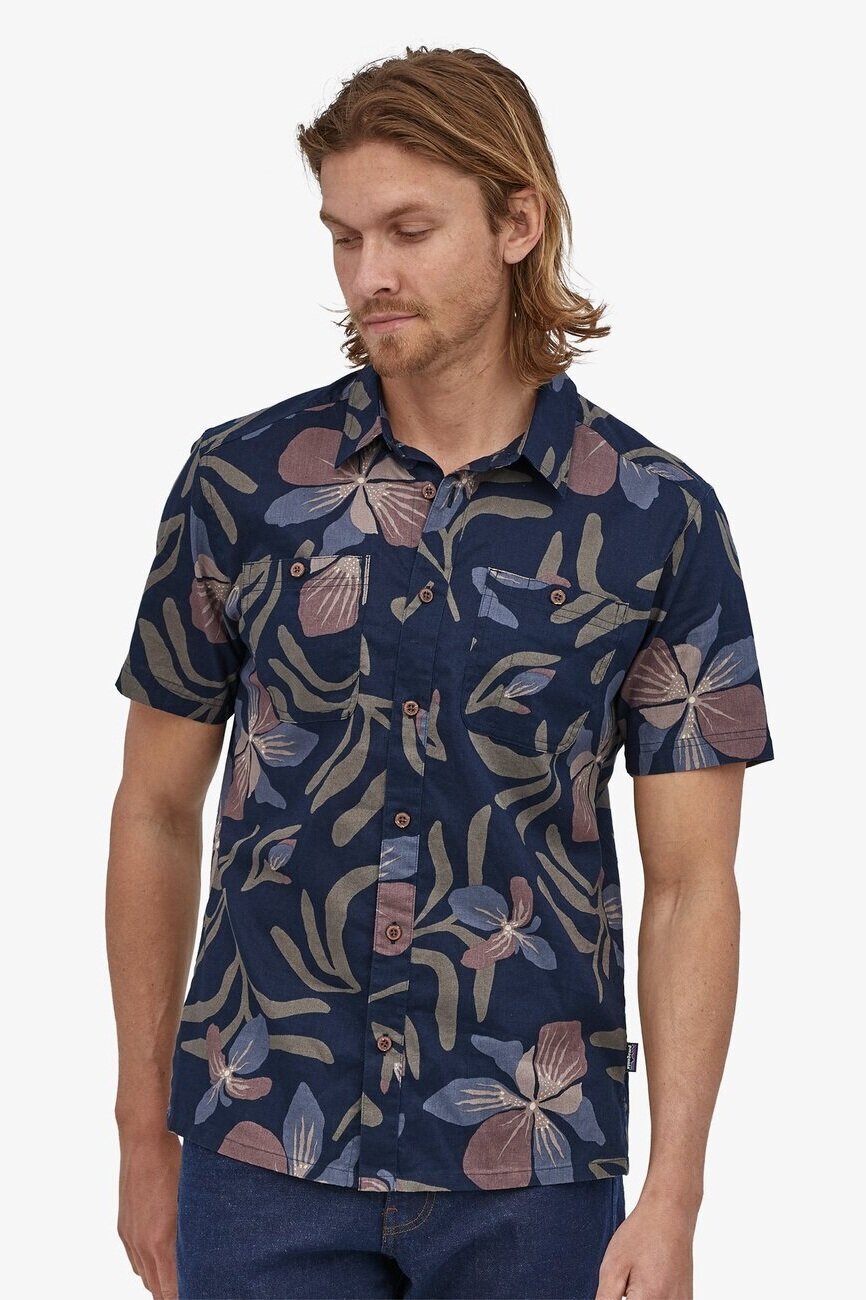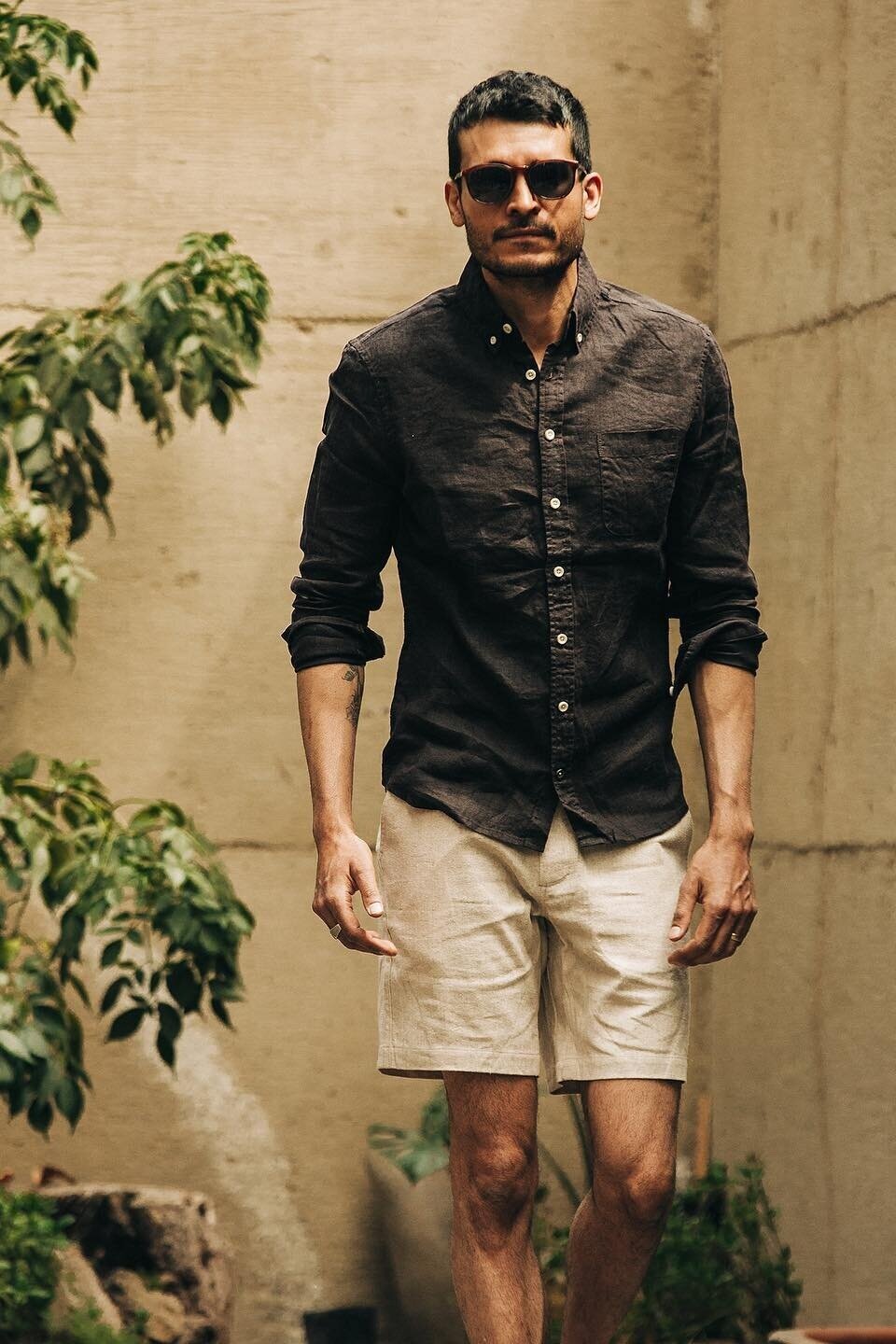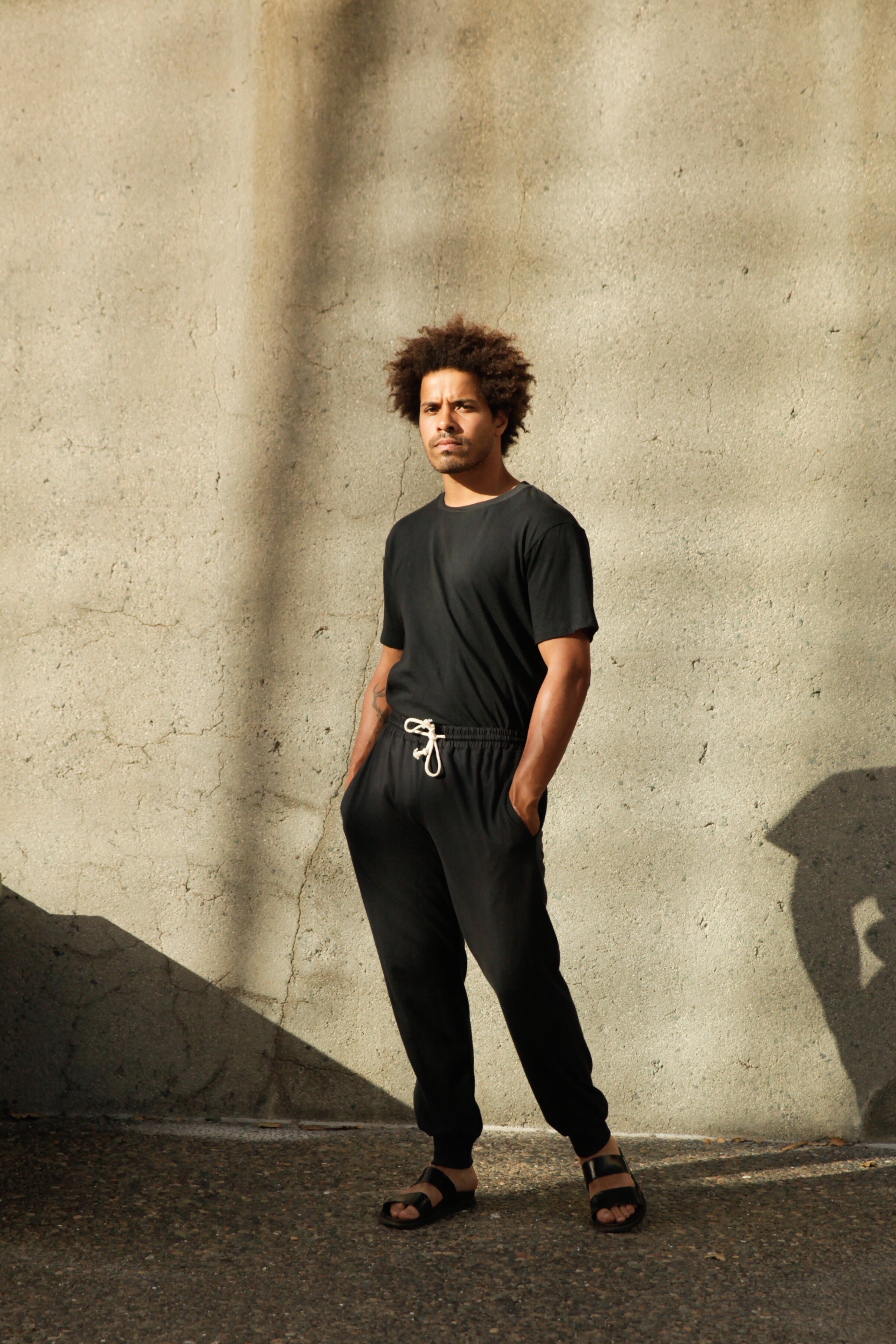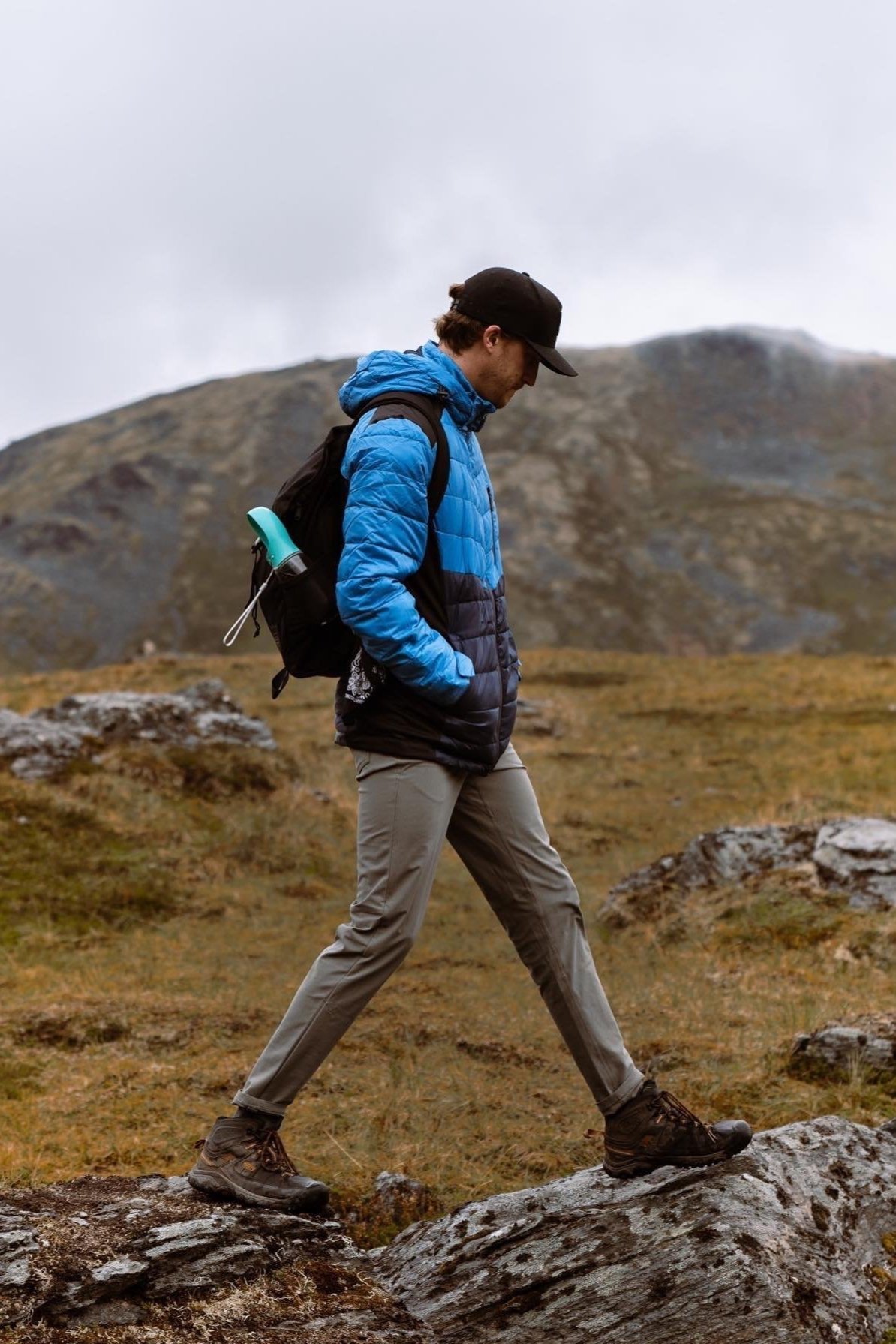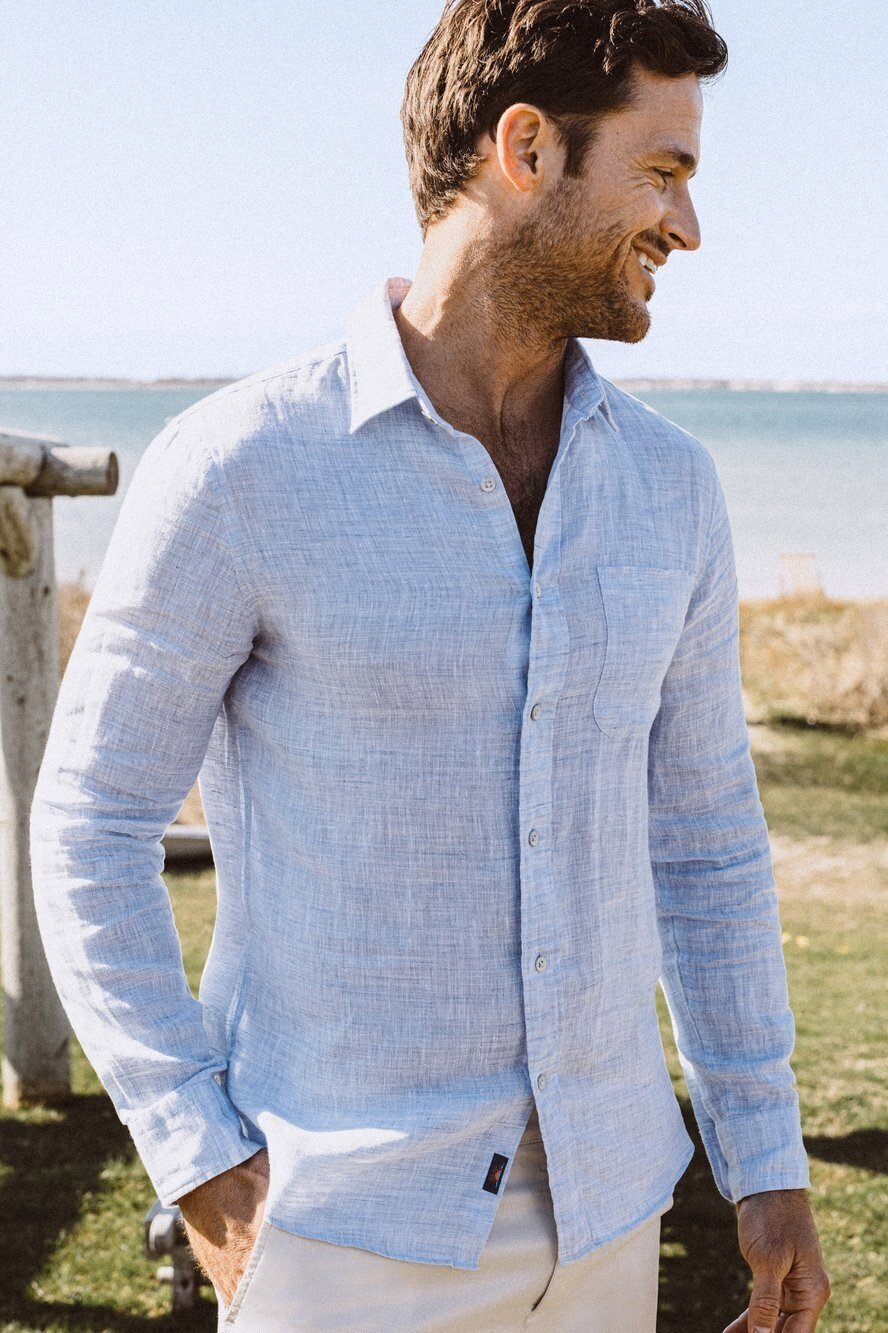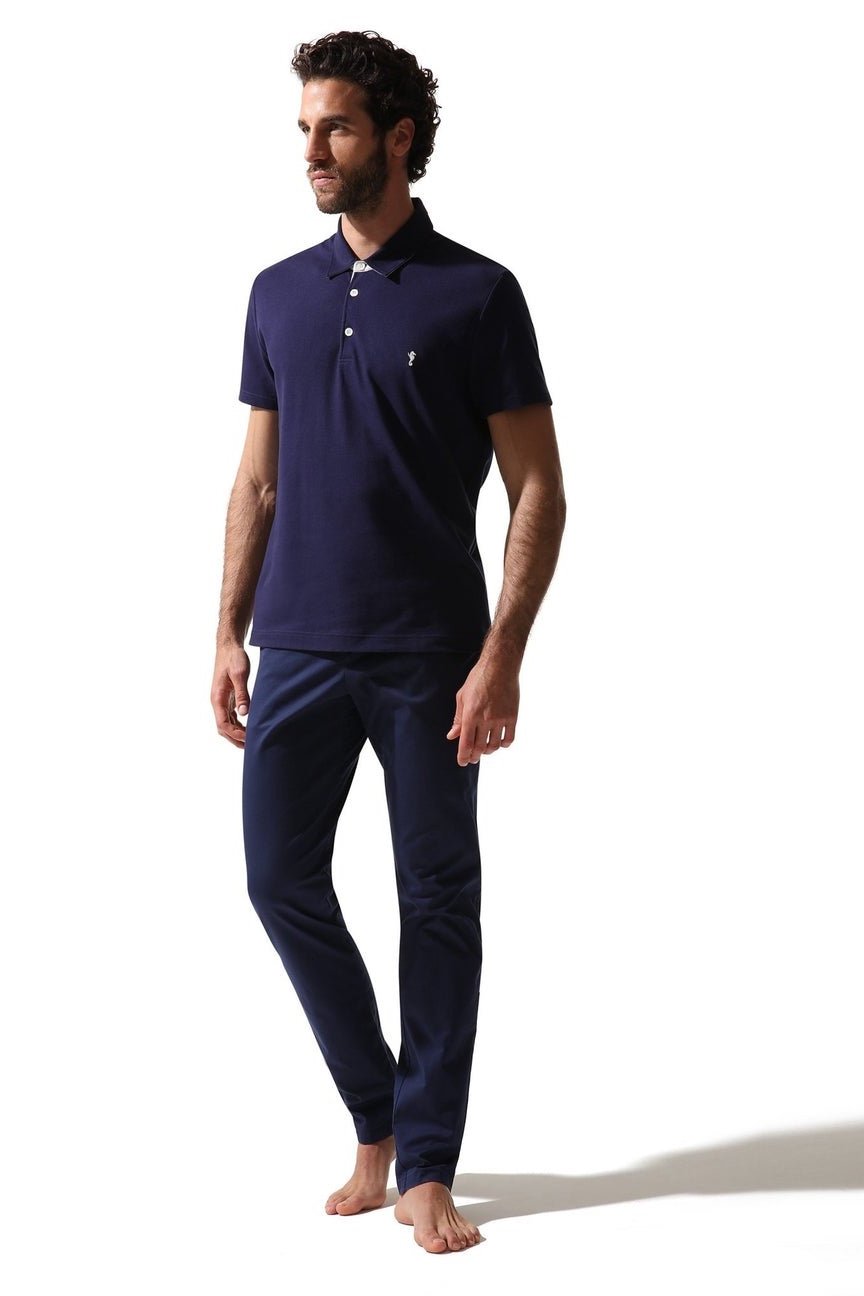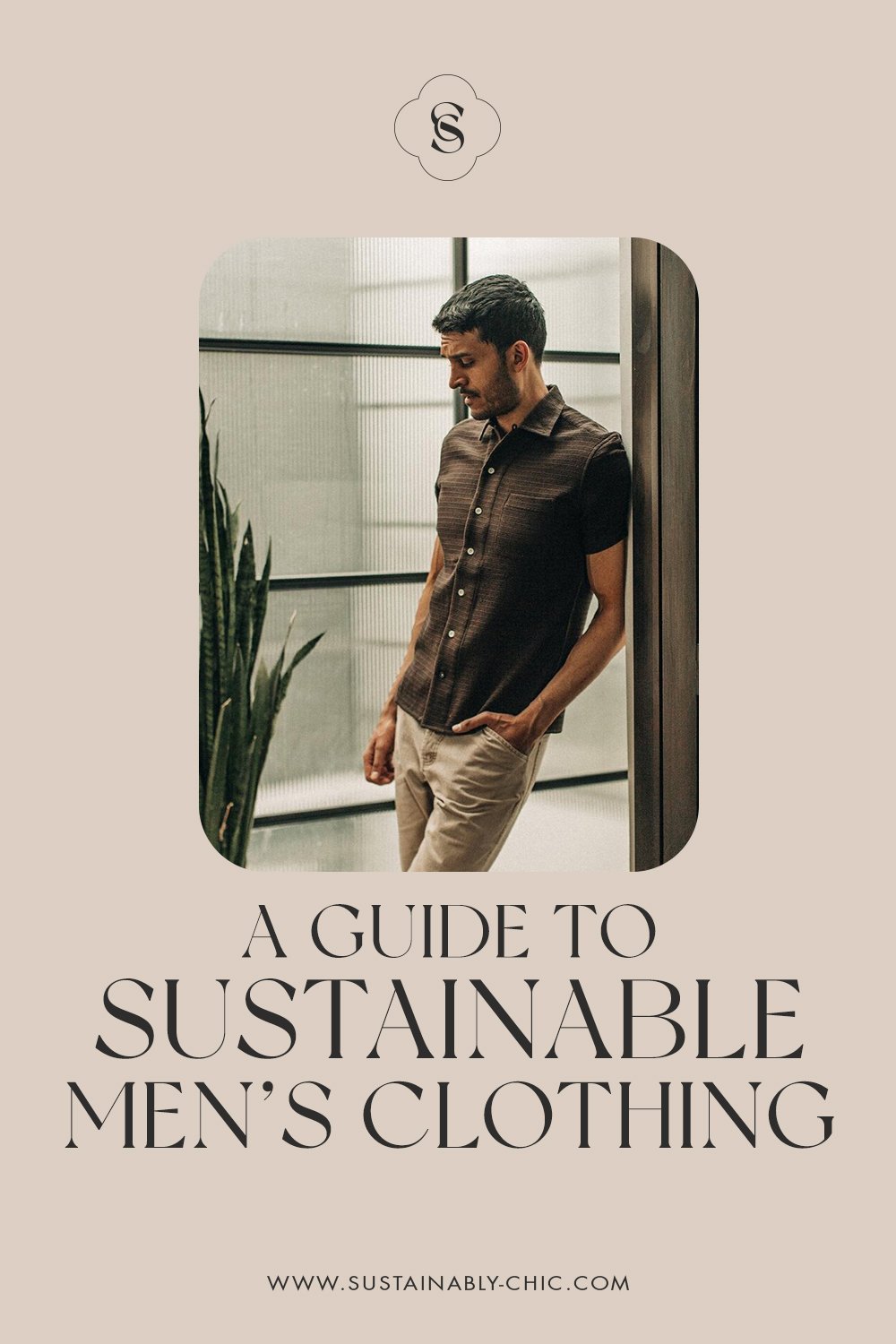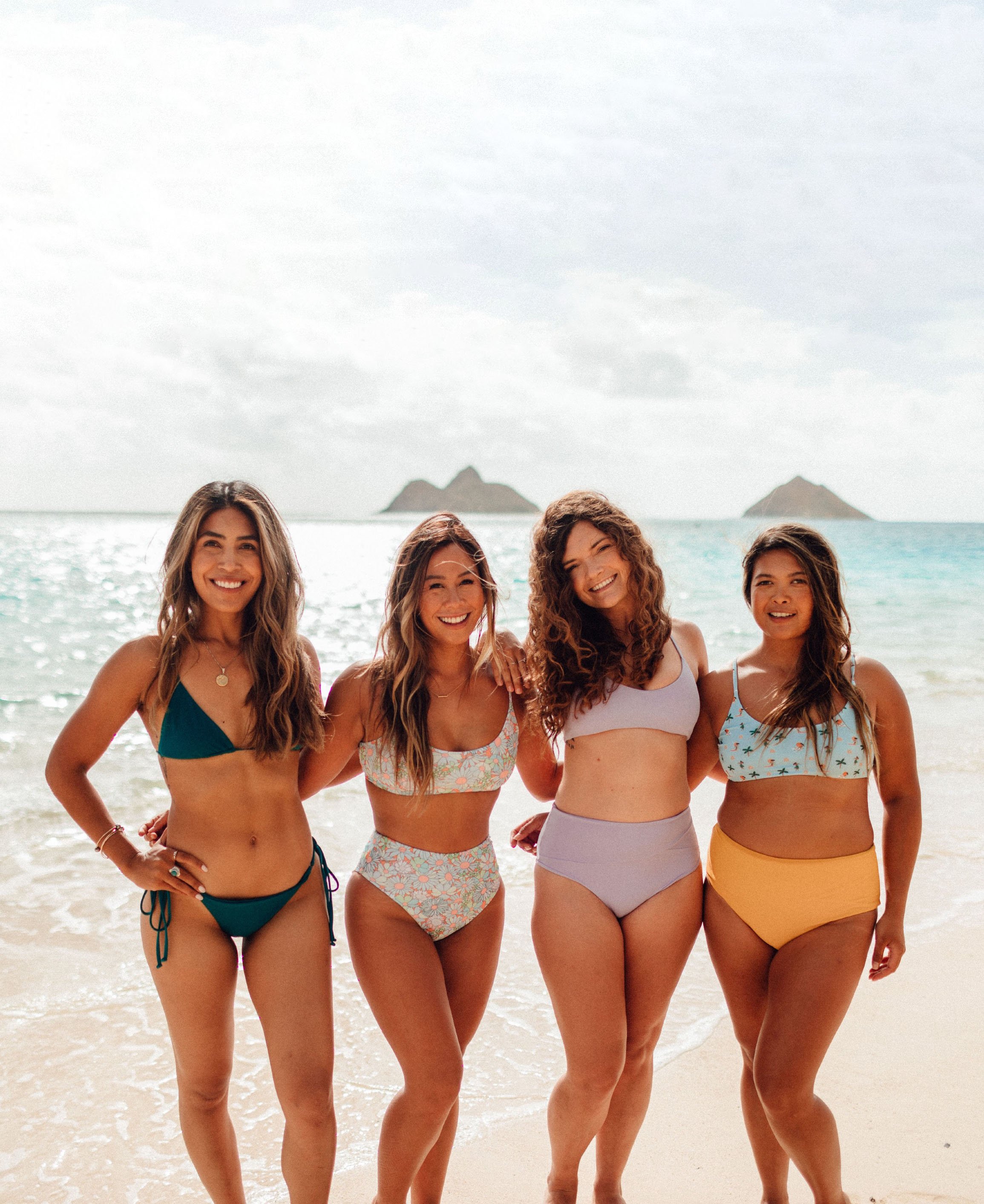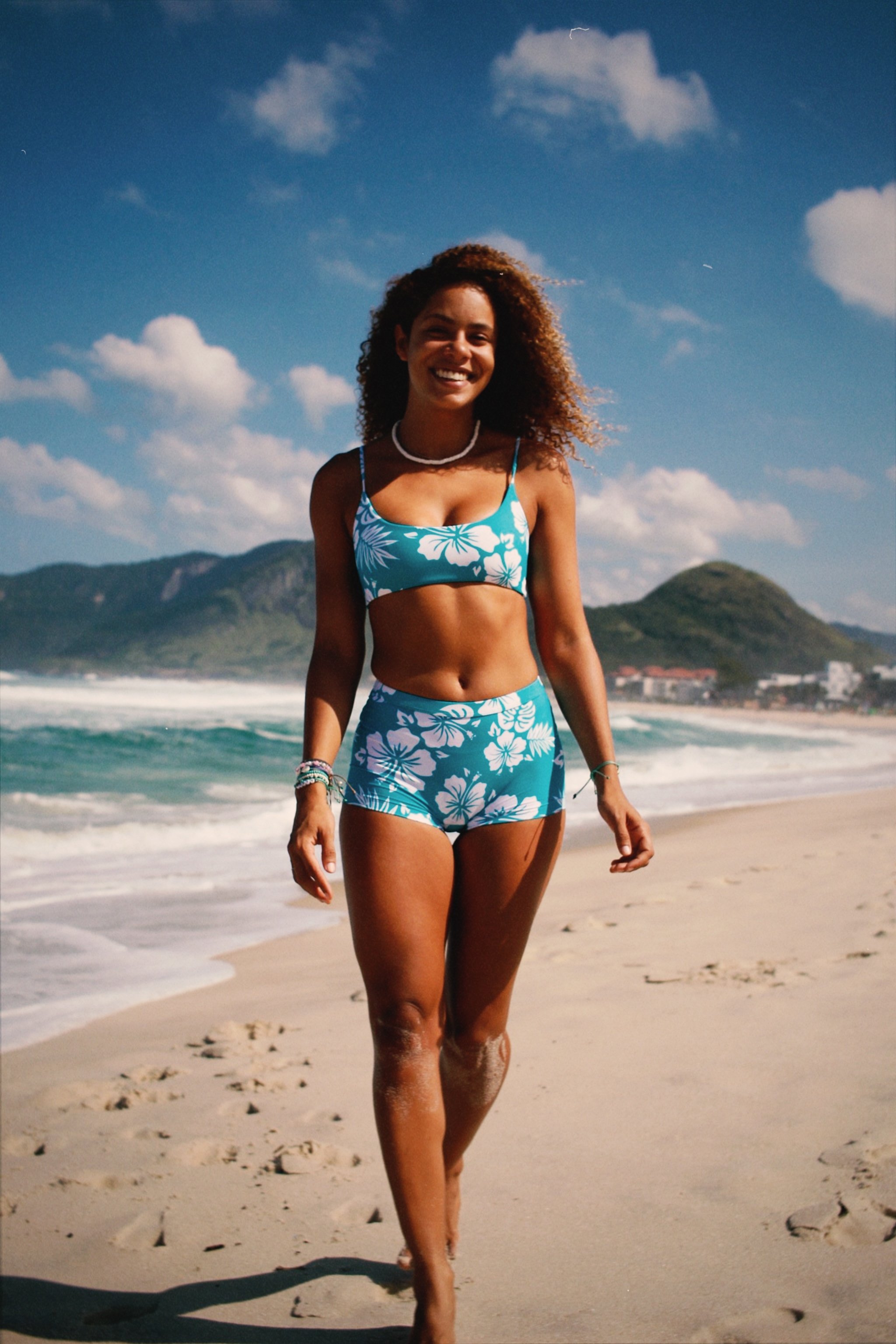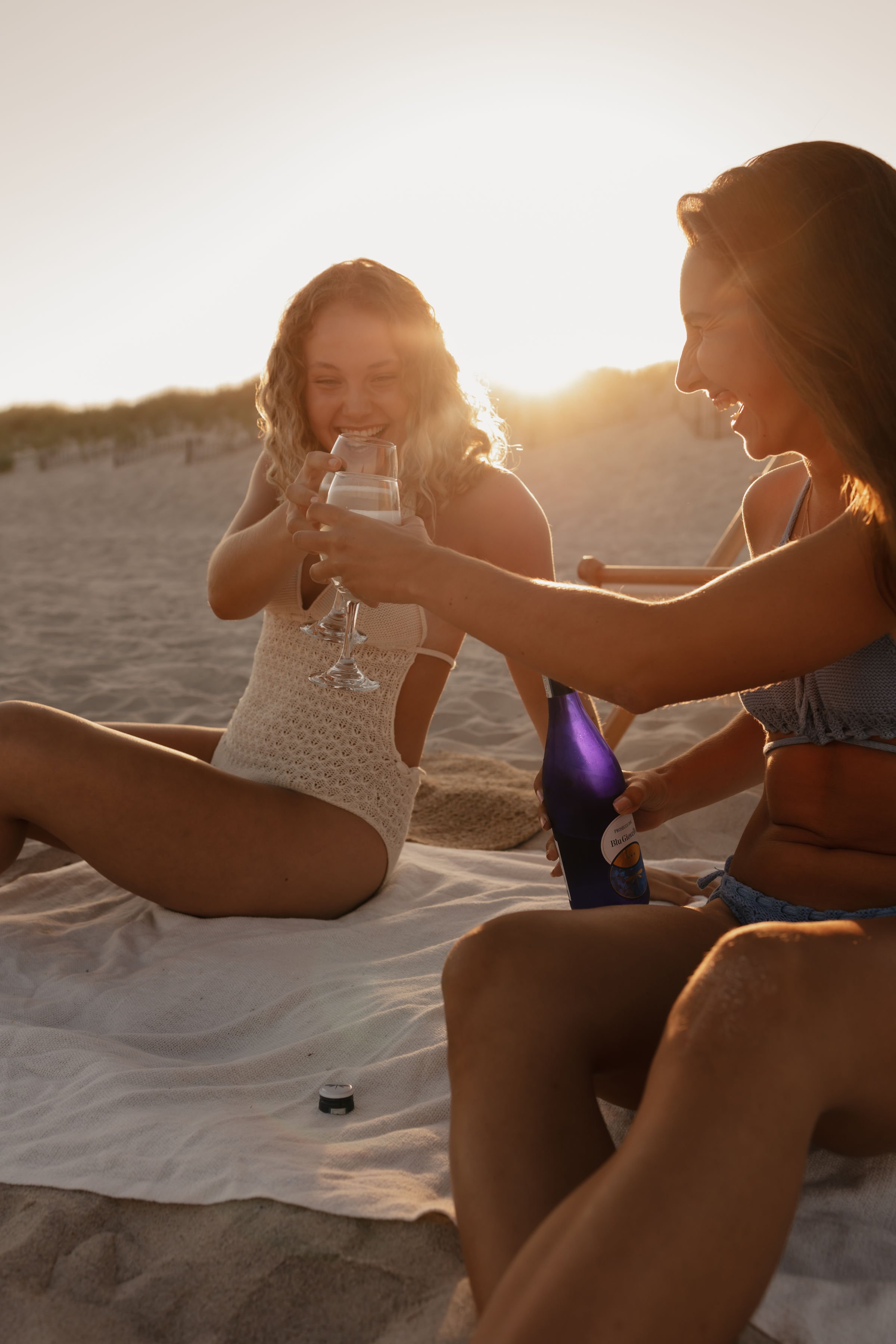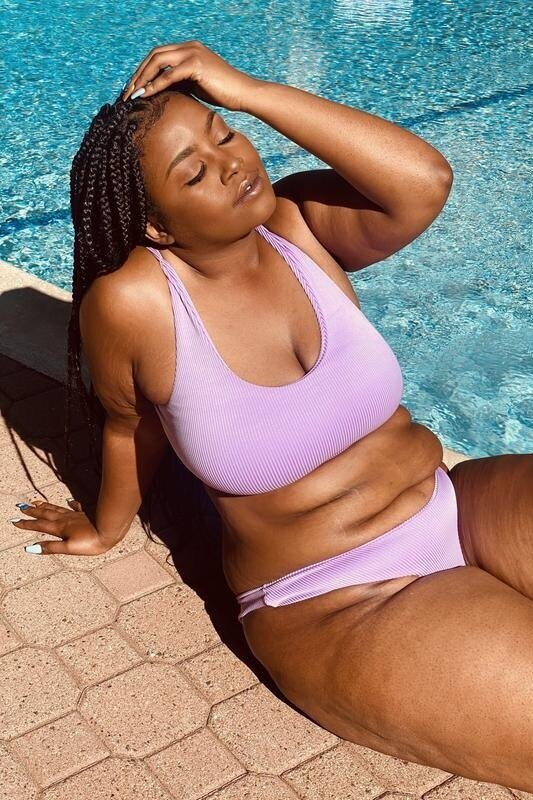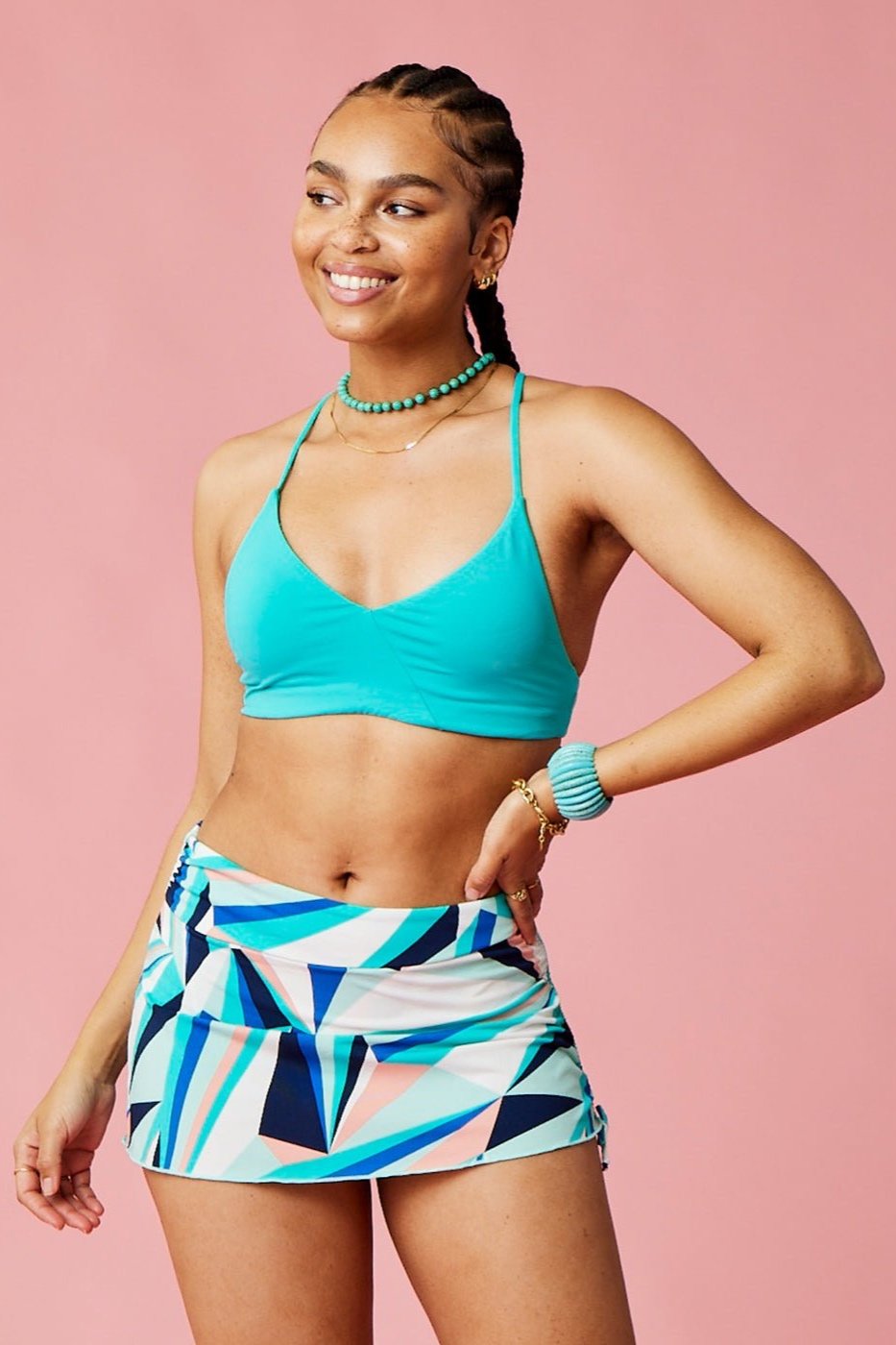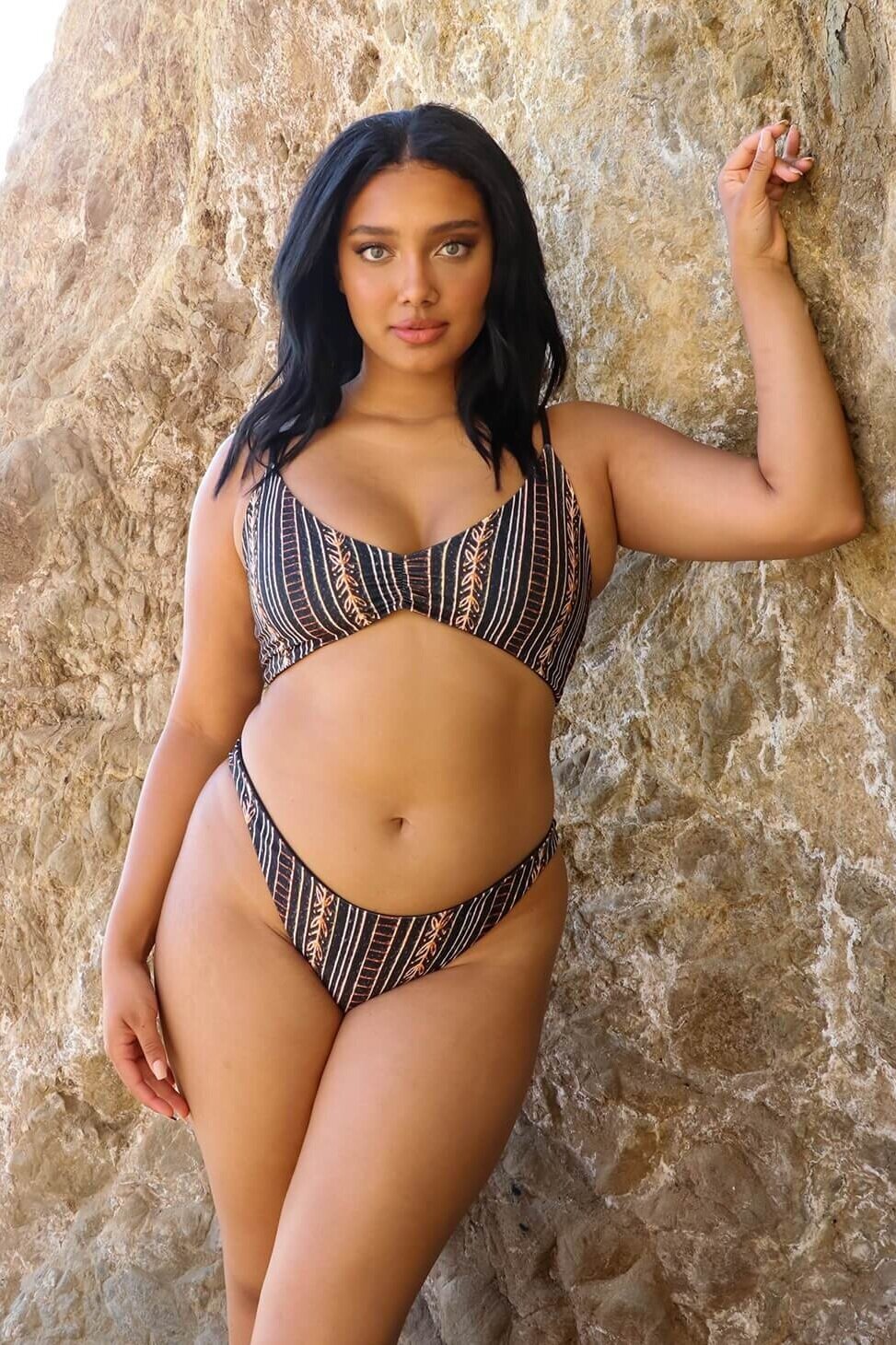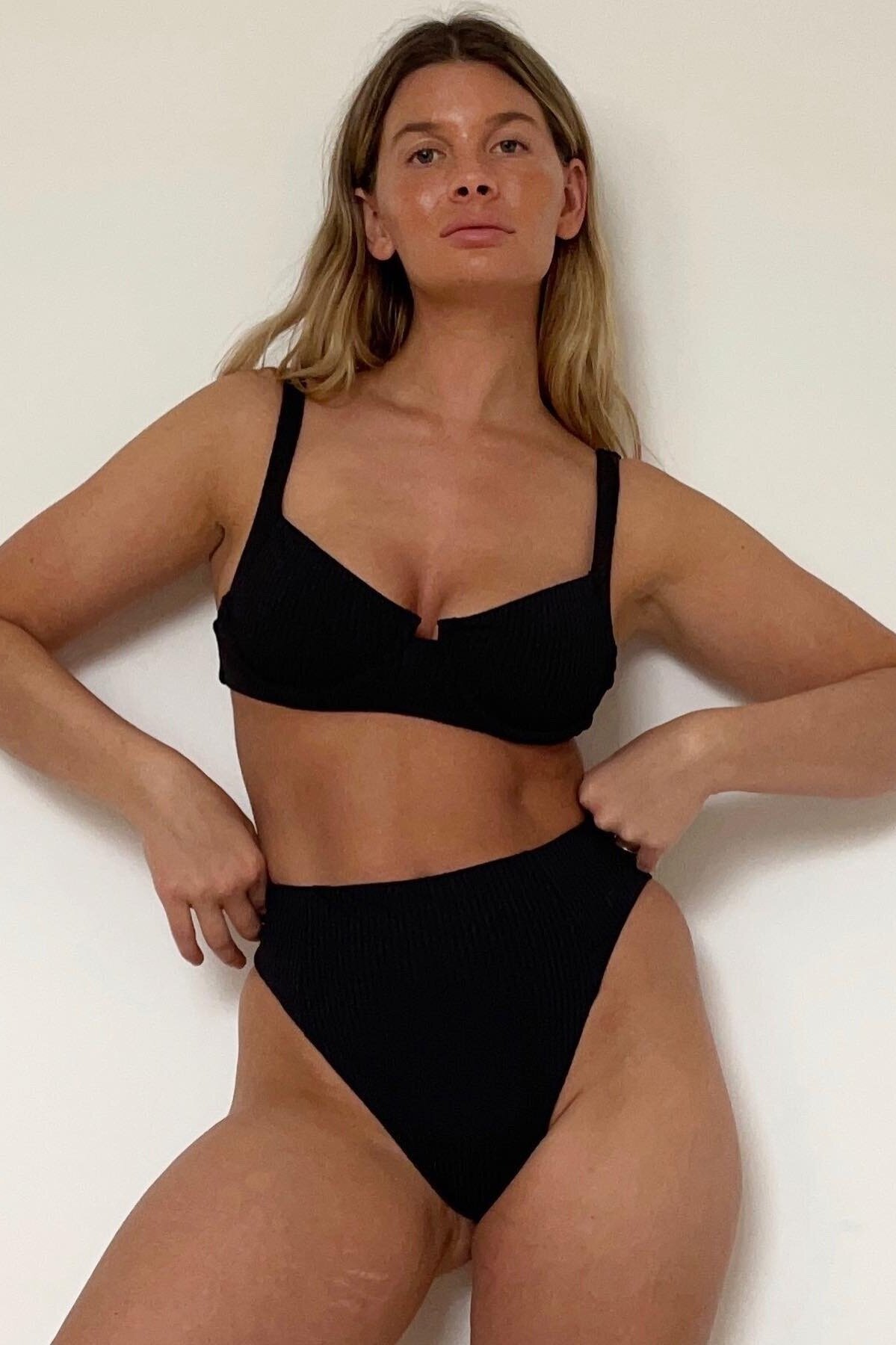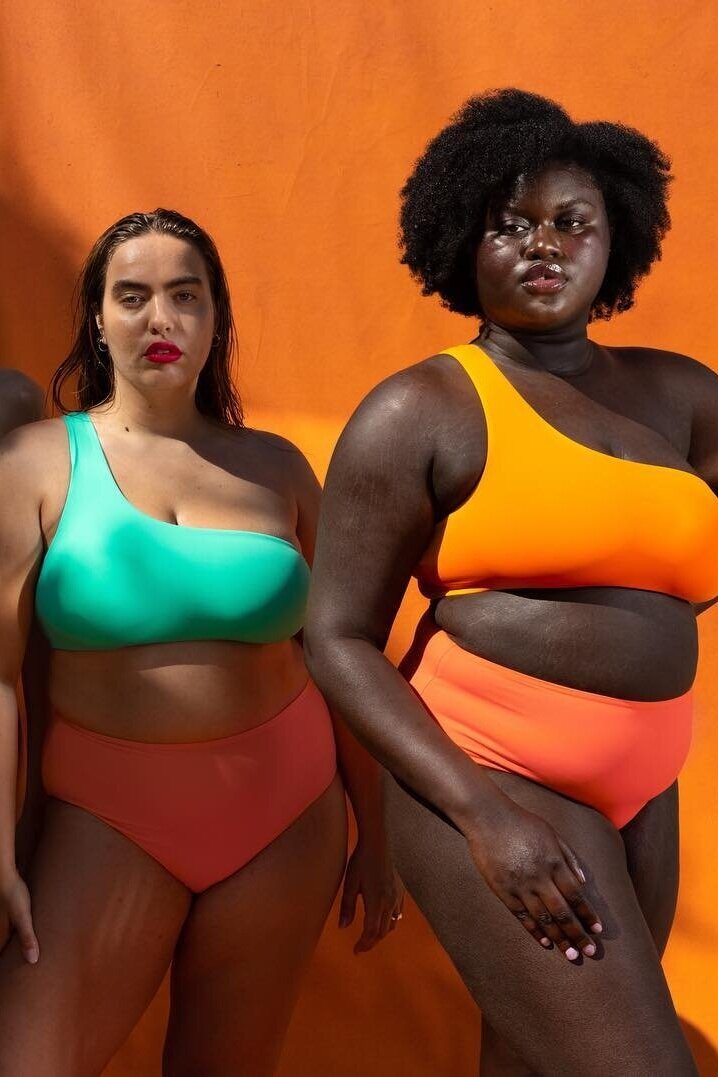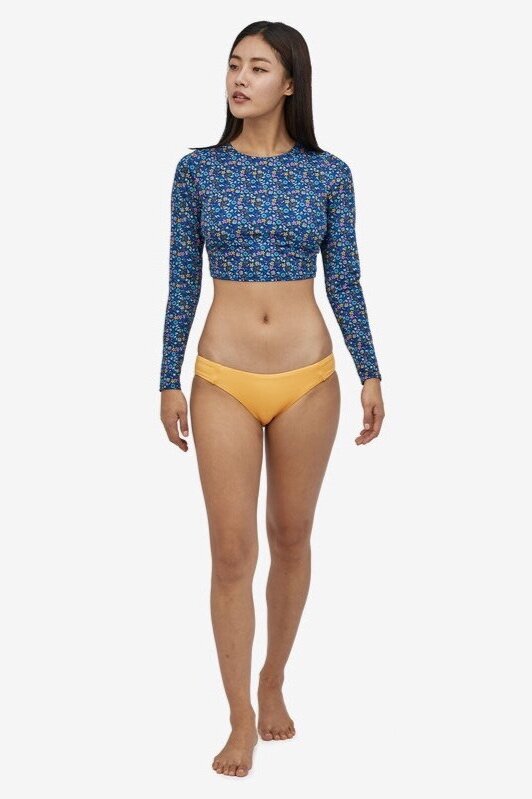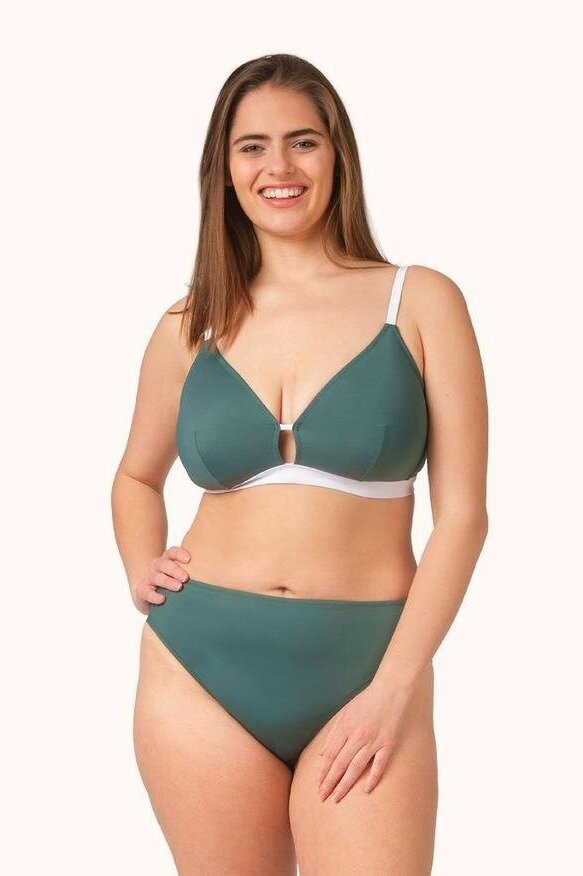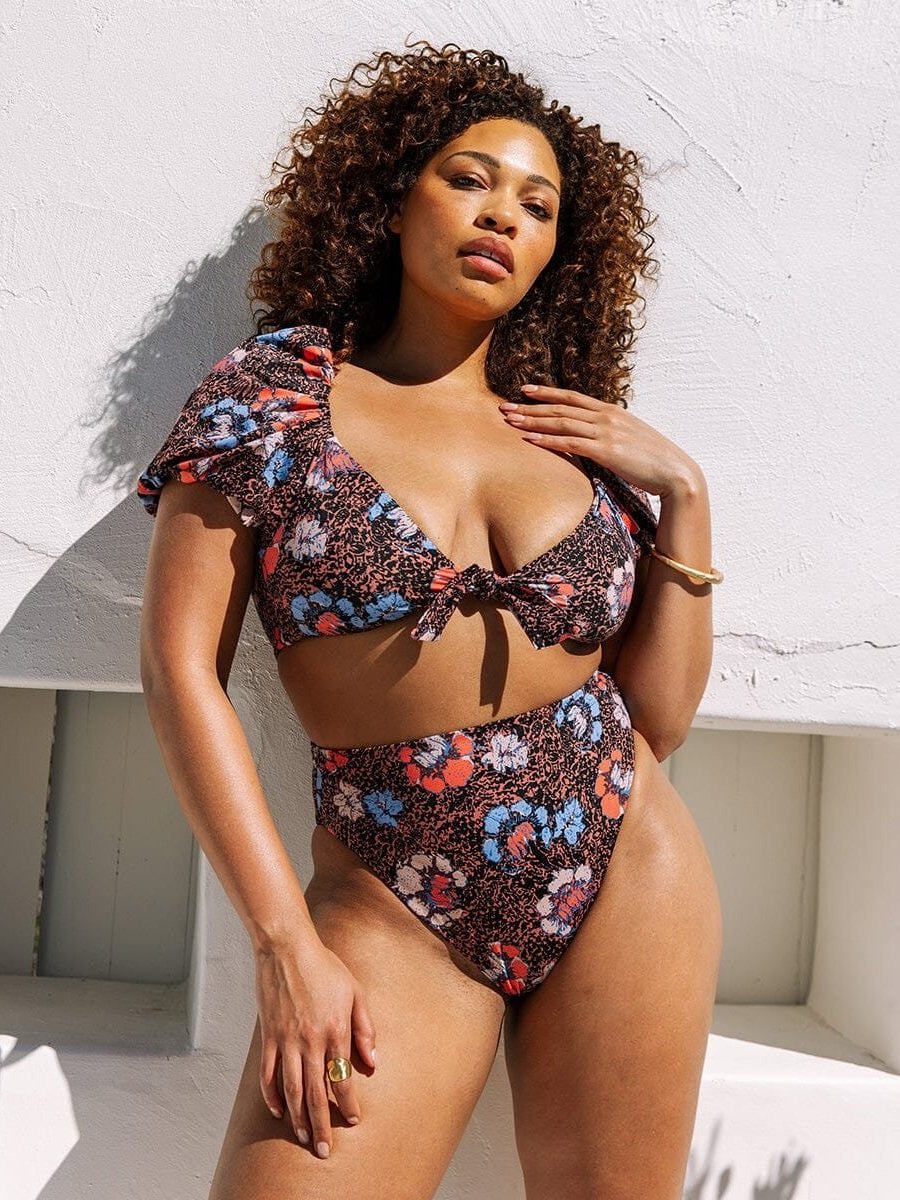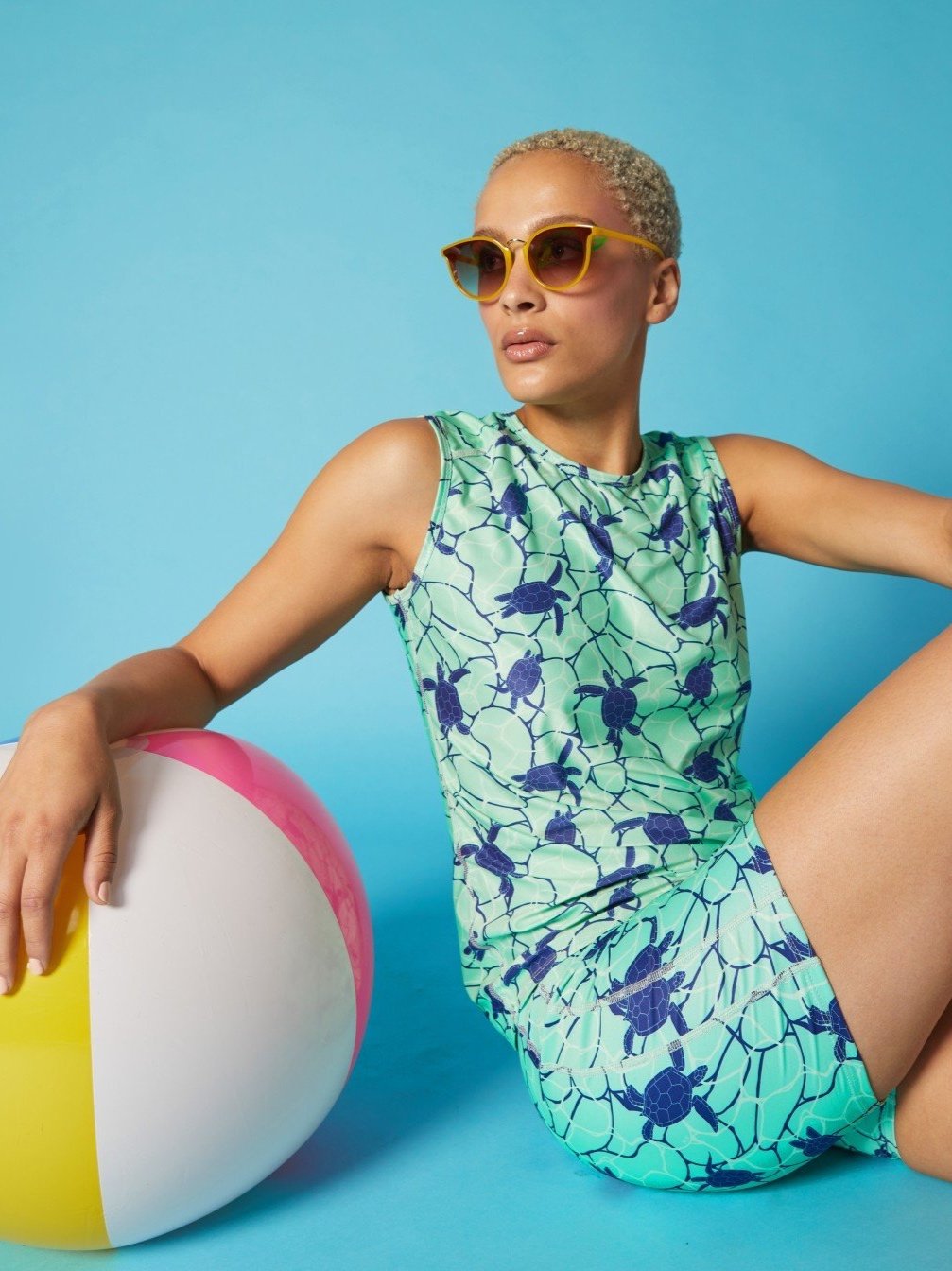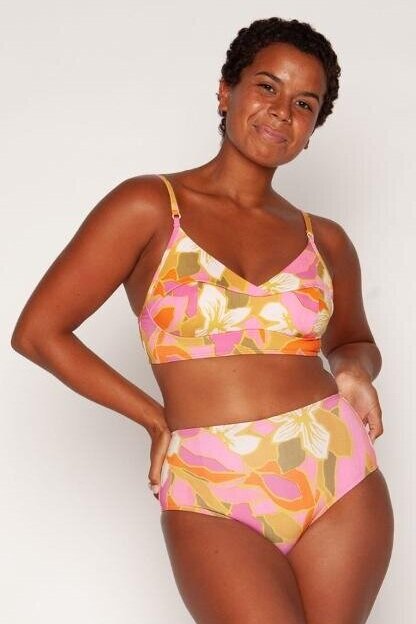Disclosure: Some of the links below are affiliated; we may earn a small commission if you click through and make a purchase. We only add brands & products we truly believe in. Thanks for supporting the brands who are working to make the fashion industry a better place!
Sustainable Brands That Empower Women
Women keep the fashion industry running – we create trends, design collections and model them for the public. However often, we forget about some of the most important women in the fashion industry; the women who make our clothes. Too often, these women are disempowered and even exploited, so it’s worth supporting brands that instead actively empower women in fashion. Let’s explore some of these brands, and why they matter!
Who are the women behind our clothes, and where are they?
Around the world, it’s estimated that 74 million people work creating textiles and garments. Of these people, about 80% of them are women of color. Women of color – especially Black women – are often at the forefront of fashion when it comes to the evolution of style, and often this is not acknowledged by the industry or society. Similarly, it’s barely acknowledged that fashion intersects with issues of feminism and racism, because of the way that women making our clothes are treated.
Most garments around the world are made in China, Bangladesh and India. While the exploitation of garment workers can and does take place across the globe, the intensity of production in these places – and the impact of capitalism and colonialism on them – puts women in these places at a higher risk.
What problems do the women who make our clothes face?
Many garment workers today create clothing in what are considered ‘modern-day slavery conditions’. Modern-day slavery looks different from slavery experienced in recent history, but it is slavery all the same. It is the severe exploitation of other people for personal or commercial gain and normally occurs hidden from the world’s view. Today, a shocking 1 in 200 people face modern slavery, with women and girls making up 71% of these people. More than half of these people are forced into labor, often making our clothes.
In 2013, a building in Bangladesh called Rana Plaza collapsed, killing 1,134 people and injuring 2,600 more. Inside this building, people sewing clothes for fast fashion brands sold across the global west had previously expressed fear for their lives, as the walls creaked loudly and a lack of building safety was well established – but employers demanded they continue to work and make money for the big brands anyway.
This event brought a largely hidden issue into the global view, with news coverage from all across the world. However, almost a decade later, similar problems still persist. These include:
Unsafe Work Conditions
Despite the supposed wake-up call of Rana Plaza, too many women make our clothes in unsafe conditions.
For example, distressed denim is sometimes made by sand-blasting, where people aim high-pressure hoses full of sand at the jeans. This sand can cause serious respiratory issues for workers. Similarly, workers who iron clothes before they are shipped off to America, Europe and Australia have reported doing so in windowless, unventilated rooms that are so hot and steam-filled, it causes them to faint. Other reports have even shown women – including pregnant women – who demand safety gear in sweatshops to be sacked just for asking for their basic safety.
Poverty Payment
Did you know that just 2% of garment workers around the world are paid a fair, living wage? This leaves the other 98% being paid what’s called a ‘poverty wage’ – a wage which cannot sustain a person’s basic needs like housing, food, and other essentials – keeping them in poverty.
Gender-Based Violence
Women working to make our clothes are denied maternity leave and even fired for becoming pregnant. In Cambodia, another hotspot for cheap clothing production, 1 in 3 women working in the garment industry experience sexual assault, harassment and violence. In Bangladesh, 28% of garment workers face this. This is unacceptable.
What’s more, while women make up the majority of the garment industry’s workforce, they are far less likely to ever be in a managerial position or a higher-paying leadership role. This contributes to gendered power imbalances, which perpetuate sexism and violence.
What can brands do to support the women who make our clothes?
Fashion is inherently anti-feminist and racist if it relies on the exploitation of poorer women of colour to exist. For brands to stand in solidarity with the women who make their clothes, they need to pay them living wages, ensure they have their human rights, and a safe place to work.
However, this is the bare minimum. While it’s, unfortunately, the case when most of the fashion industry is so exploitative, a brand being ethical should not be something to celebrate – it should be the expected norm.
While this cycle of poverty and harm persists, some brands are working even harder to change how this system operates, building their entire brand around empowering women in the fashion industry.
Let’s take a look at some of them!
Ethical & Sustainable Brands that Empower Women:
1. Able
This Nashville based brand works with manufacturing partners across Ethiopia, Brazil, Mexico and India, and they publish all of their lowest wages to ensure transparency and fairness.
ABLE launched as a social enterprise which aimed to help victim-survivors of the commercial sexual exploitation trade in Ethiopia. The brand did this by helping women to alternative, safe work making scarves.
ABLE believes that to end exploitation is to end poverty, and job creation is important to this.
Today, alongside their partners, the brand offers a range of ethical garments like organic cotton sweaters, sweet dresses and jumpsuits, artisan made jewelry and more. Just watch out for animal-derived materials if you’re seeking to avoid the issues wrapped up in them.
ABLE also has a podcast called ‘She is ABLE’, where you can hear directly from some of the women behind the brand – like Barbara, who makes some of their jewelry.
2. PAKA
Did you know that one in three Peruvian children under the age of 5 has chronic malnutrition?
With women in developing countries reinvesting 90% of their income back into the family and community, PAKA aims to change this by multiplying each weaver's daily income by 8x. This will make a huge difference in each woman's ability to make decisions, feed her children, and bring them to the hospital when necessary! Plus, the women weavers are able to use their skills and preserve their heritage and Inca culture.
Founded in Peru, PAKA has created a natural, sustainable clothing line for those who love the outdoors.
They believe using eco-friendly materials like their super soft Royal Alpaca that can connect consumers more to nature and sustainably support small communities.
Their products are fully traceable from the fiber source, each product features a QR that shows the consumer the farm where the fiber was harvested.
*bonus* Klean Kanteen
In honor of International Women’s Day, Klean Kanteen has launched a special edition water bottle! It is made from certified 90% post-consumer recycled 18/8 stainless steel, featuring a bamboo cap with a swivel bale that keeps drinks ice cold for up to 63 hours!
Klean Kanteen is a Certified B Corp brand, Climate Neutral Certified, and Family and employee-owned. If you want a reusable cup, this is the brand to check out.
3. Mata Traders
Mata Traders aims to ‘fashion a better world’ by creating designs that celebrate a woman’s originality and empower her to use her dollar for change. Mata Traders partners with several Fair Trade organizations in India and Nepal that train and employ hundreds of artisans in marginalized communities. They are known for fun prints, patterns and colors. Their printed dresses made with handwoven cotton and tops with hand-embroidered designs are perfect for summer!
Mata means ‘mother’ in Hindi & is a tribute to Shakti - the female creative power in all of us.
Every time you purchase a piece from Mata Traders, you are preserving an art form, fighting gender equality, and empowering women in India & Nepal
4. Anchal
A non-profit social enterprise, Anchal is providing alternative careers in textiles to marginalized and exploited women in India.
It was created by sisters Colleen & Maggie Clines after they were inspired from a visit to Ajmer, India.
There, they learned of the extreme oppression many women faced as commercial sex workers in the region.
They also noticed the economic opportunity with the area’s textiles.
By merging contemporary designs and the traditional Kantha quilting techniques from North India they were able to change lives and support stronger sustainable communities. Anchal believes 'design thinking' is the creative approach to problem solving, and we couldn't agree more.
Anchal Project is a 501(c)3 non-profit and is a member of the Fair Trade Federation.
5. Daughters of India
Daughters of India is a slow, sustainably handmade fashion label.
Through supporting Indian artisans and women in the workplace, they work to bridge the gap between artisan and consumer, preserve generational traditions, and encourage women's empowerment.
They also pride themselves on creating sustainably handmade garments embodying comfort, femininity, and versatility.
6. Laude the Label
Designed by women, Made by women. LAUDE the Label supports women artisans in five countries — Guatemala, Honduras, Haiti, India, and Peru. This brand understands the importance of investing in the people behind its products. All of their artisans are paid fair-trade wages on time! Fair wages are 2-3 times the minimum wage where they operate. These wages mean artisans can support themselves and their families. In addition, LAUDE the Label visits their manufacturers every year to make sure artisans are in healthy working conditions and never working more than 8 hours a day.
LAUDE the Label is a Certified B Corp Brand & a member of the Fair Trade Federation.
7. Outland Denim
This denim brand (which offers a selection of jeans with vegan leather patches) uses traceable, sustainable organic cotton, and even uses some clay-dyed denim. Outland also creates other garments from organic cotton and linen, with a selection of skirts, dresses and shirts.
Outland is dedicated to the abolition of slavery, with freedom and liberty being core to the brand and its values.
The brand creates their clothing in Cambodia, where unjust practices are rife in the textile industry.
In opposition to this, the brand pays fair living wages and offers a safe, comfortable alternative for working women – often those previously working in dangerous sweatshop conditions.
Outland Denim labels include messages from the seamstresses who make the garments, and you can learn about the people behind their clothes on their website.
8. Minna
Minna collaborates with artisans in Mexico, Peru, Guatemala, Uruguay, and Bolivia. In Uruguay, they work with the largest network of women-run co-ops in the country. These partnerships provide fair wages and safe working conditions for workers. All handmade pieces are made from thoughtful production using sustainable materials, factories, and small-batch productions to ensure the highest quality goods.Minna is very transparent about how they manage to place orders sustainably and their payment process, which shows their care for their artisans.
They also honor the traditional techniques created from years of craft expertise and collaborate to create the designs. Their designs are inspired by Feminist art, the Bauhaus, traditional craft, and vintage textiles. By utilizing organic, recycled, and conventional materials, all of their pieces are thoughtfully curated.
9. The Tote Project
A beautiful brand created to give back!
Based on friendship & a shared dream, Fay Grant and Michelle Chavez started The Tote Project to support the recovery of victims of modern-day slavery.
With hope, they strive to empower survivors of human trafficking by providing them opportunities and helping show their worth & potential.
Human trafficking is a form of modern-day slavery, and there are currently over 20 million victims worldwide.
The Tote Project donates 10% of gross profits to Two Wings to support survivors of human trafficking in the US. Plus, they partner with factories that support women survivors.
Every tote is handmade by Oasis Bags in a sustainable factory in India from fair-trade certified cotton. These factories are dedicated to empowering women in the city of Kolkata. The pouches are made by Freeset, a fair trade freedom business offering employment to women escaping West Bengal’s sex trade.
10. Birdsong
UK based Birdsong aims to support women across the board – from those who make their clothes, to their models and the women who buy from them. This dedication is shown best through their two-pronged policy of ‘no sweatshops, no photoshop’. Not only does the fashion industry keep garment working women in poverty, it disempowers women who are riddled with insecurity caused by unattainable and harsh beauty standards. By committing to paying women fairly (earning above London’s basic living wage), and to never altering the appearance of women who they photograph, Birdsong is working to shake things up.
This brand sells a gorgeous selection of clothes – from jackets to jumpsuits, trousers, dresses, skirts and recycled knitwear. This brand has plenty of animal-free options, too.
11. The Social Outfit
This Ethical Clothing Australia accredited brand exists to support refugee women to thrive through employment. Refugee women who work at The Social Outfit are provided training to build skills, and opportunities to interact with the community around them as they are welcomed into it. To date, 460 people have gone through their specialist sewing training. The brand has helped women from 30 countries, and offered a safe space for them: “I was nervous at first, but now it feels like home. The Social Outfit gives me something to look forward to. I belong here.” – words from a sewing student in the program.
The Social Outfit is a registered charity, and they make their clothing out of surplus materials that other brands would otherwise discard, as they ordered too much or have no use for it. This reduces fashion waste!
12. Naja
Naja creates gorgeous lingerie from recycled materials, and they do so while empowering women. The American label specifically seeks to employ single mothers and women who head up their households, offering them above market wages, providing them with education stipends for their children, and health benefits. The brand also supplies school books, meals and uniforms to all the children of the women who make their bras and underwear, while providing these mothers with flexible working hours so they can spend time with their little ones.
MAKE SURE TO PIN THE PHOTO BELOW TO SAVE THIS POST FOR LATER!
WANT MORE SUSTAINABLE BRANDS? VISIT OUR BRAND DIRECTORY!
Our Brand Directory is home to hundreds of sustainable brands, from makeup to cleaning supplies, from underwear to shoes. We have broken everything down by category for easy shopping, along with discount codes unique to Sustainably Chic viewers.








